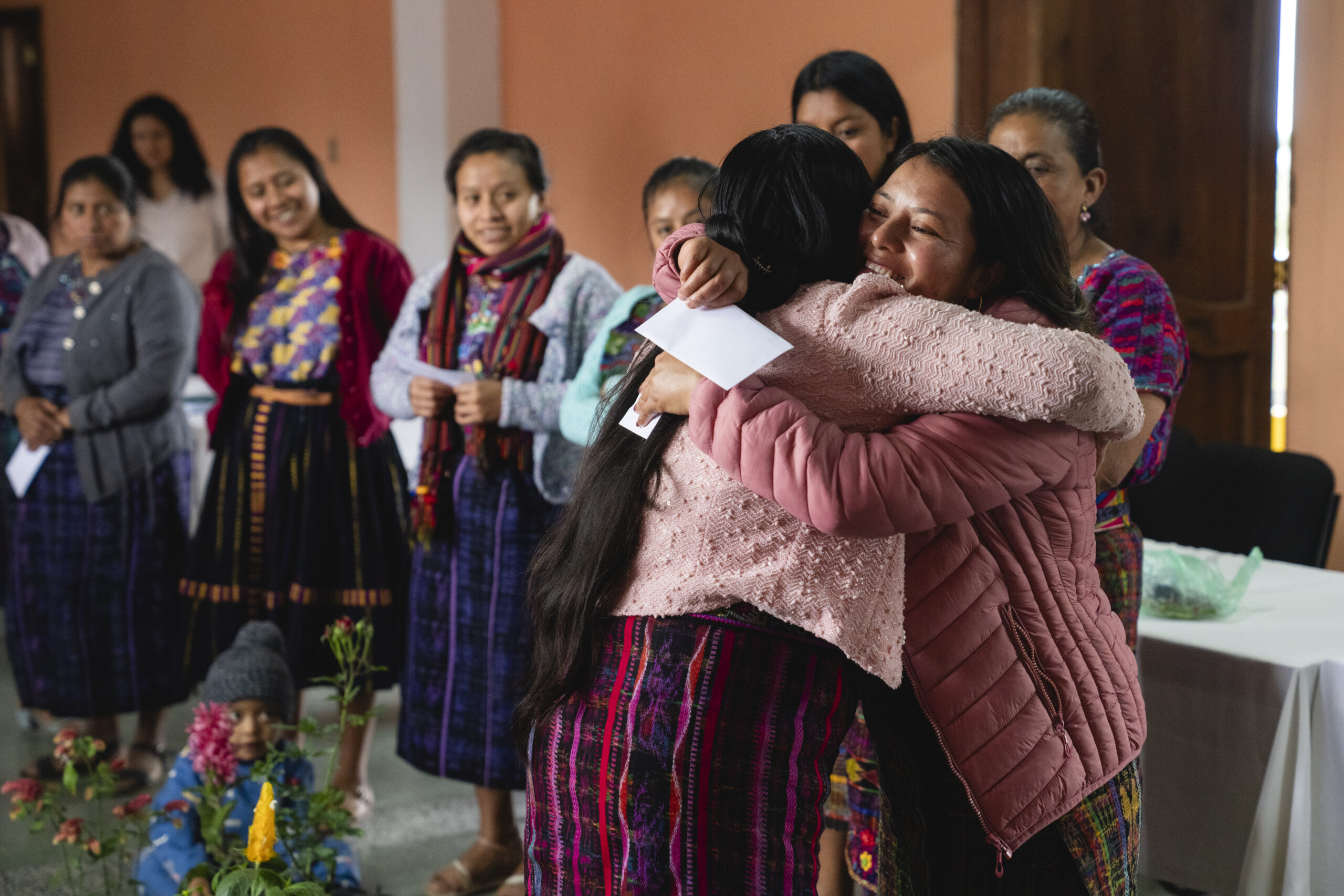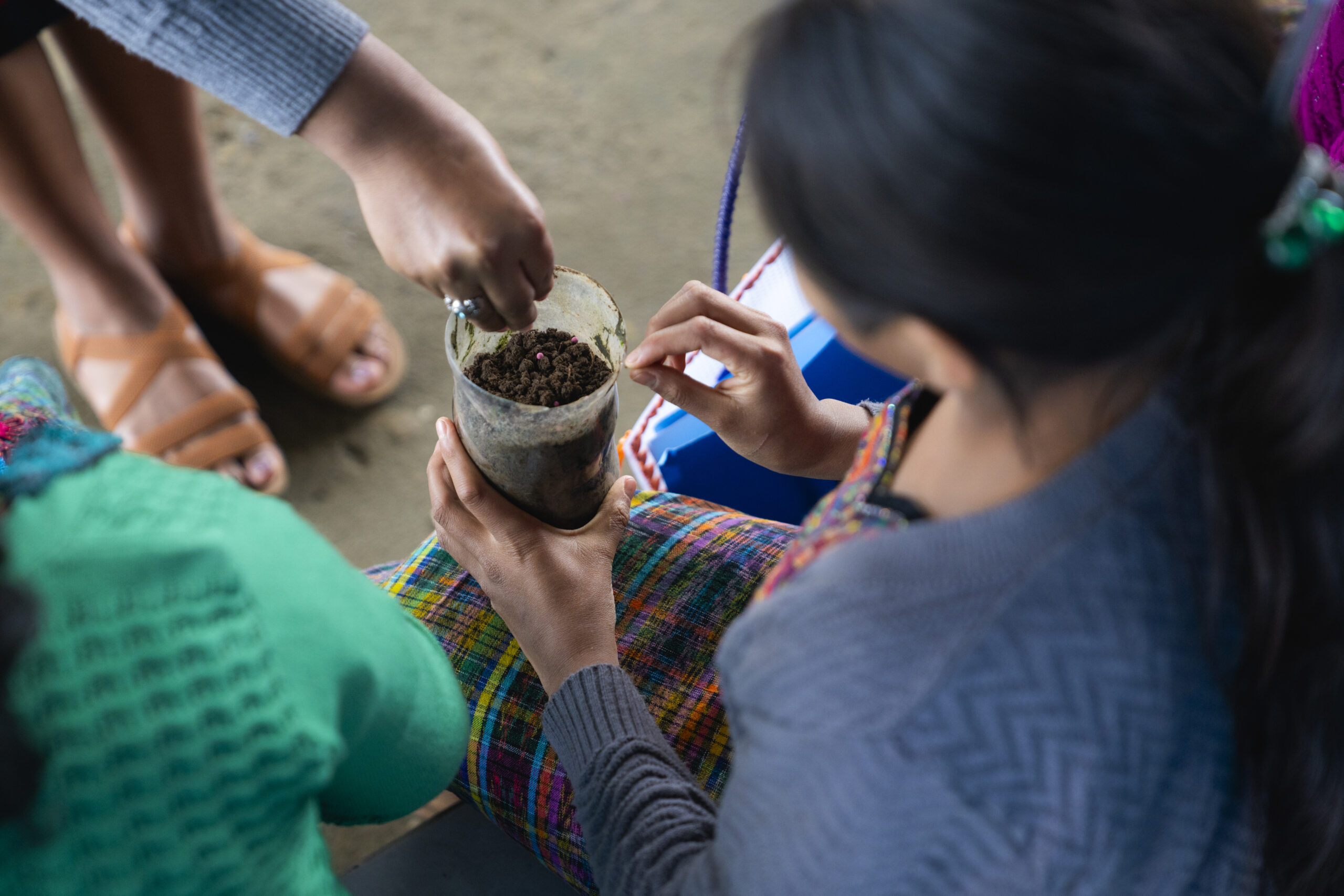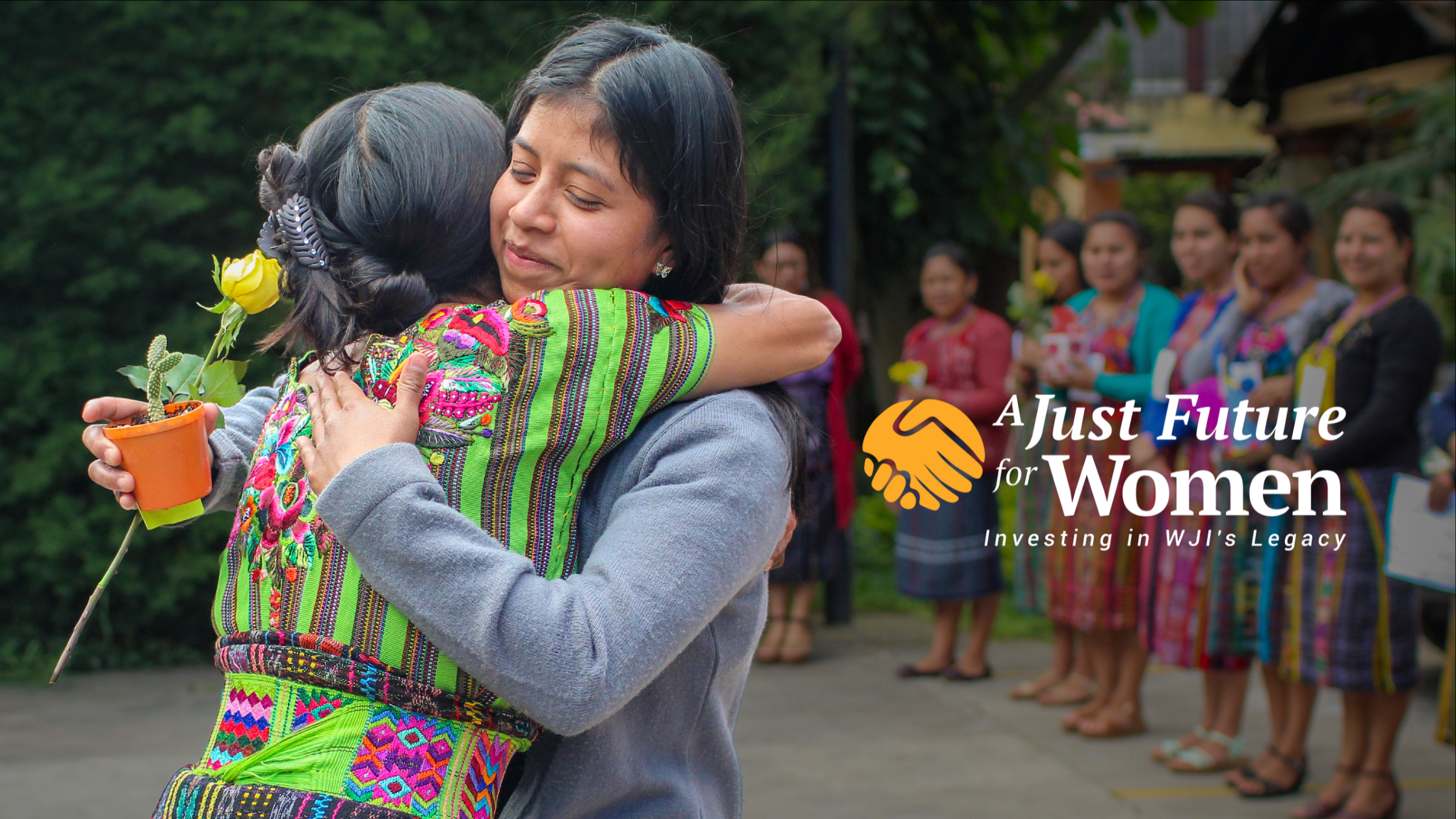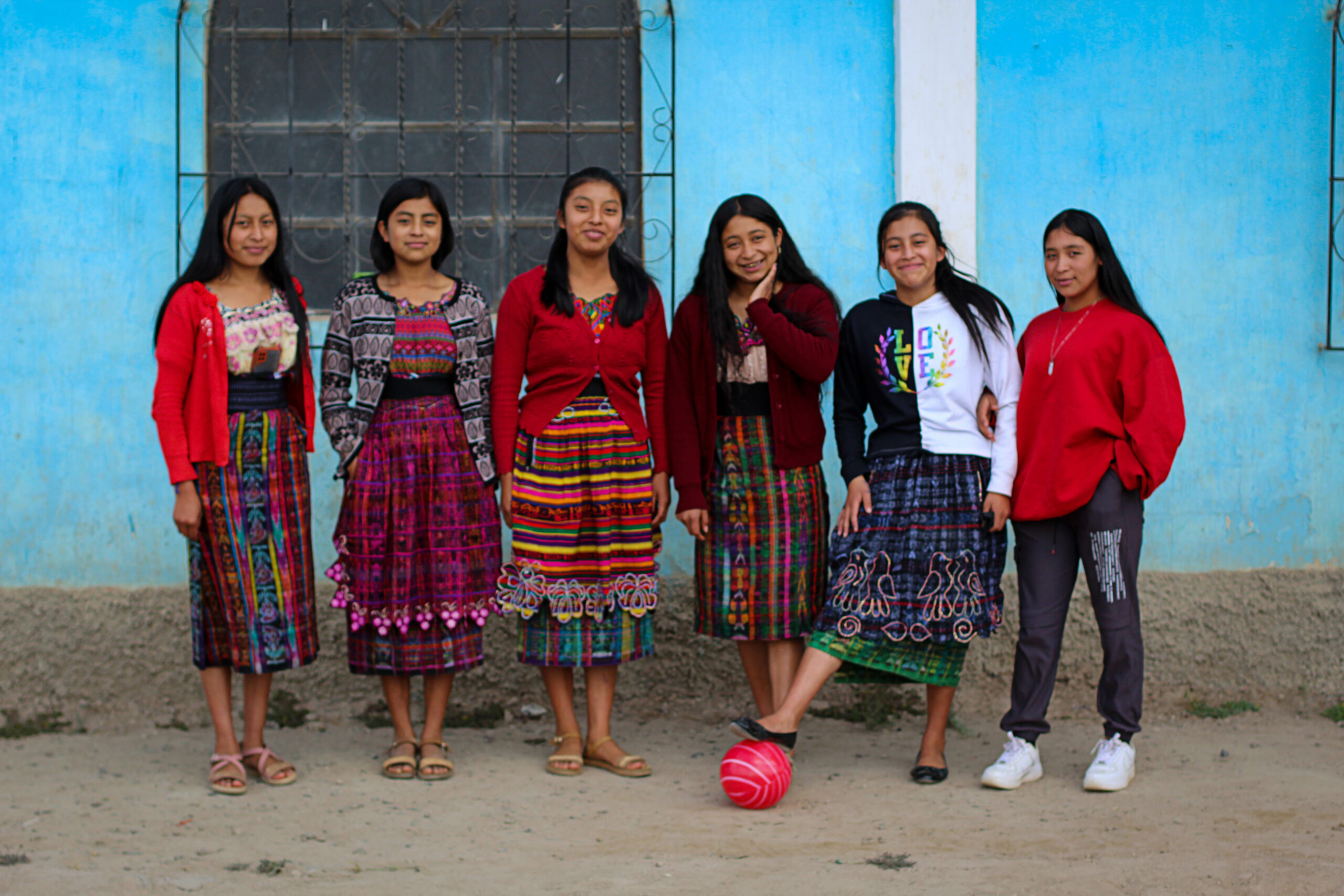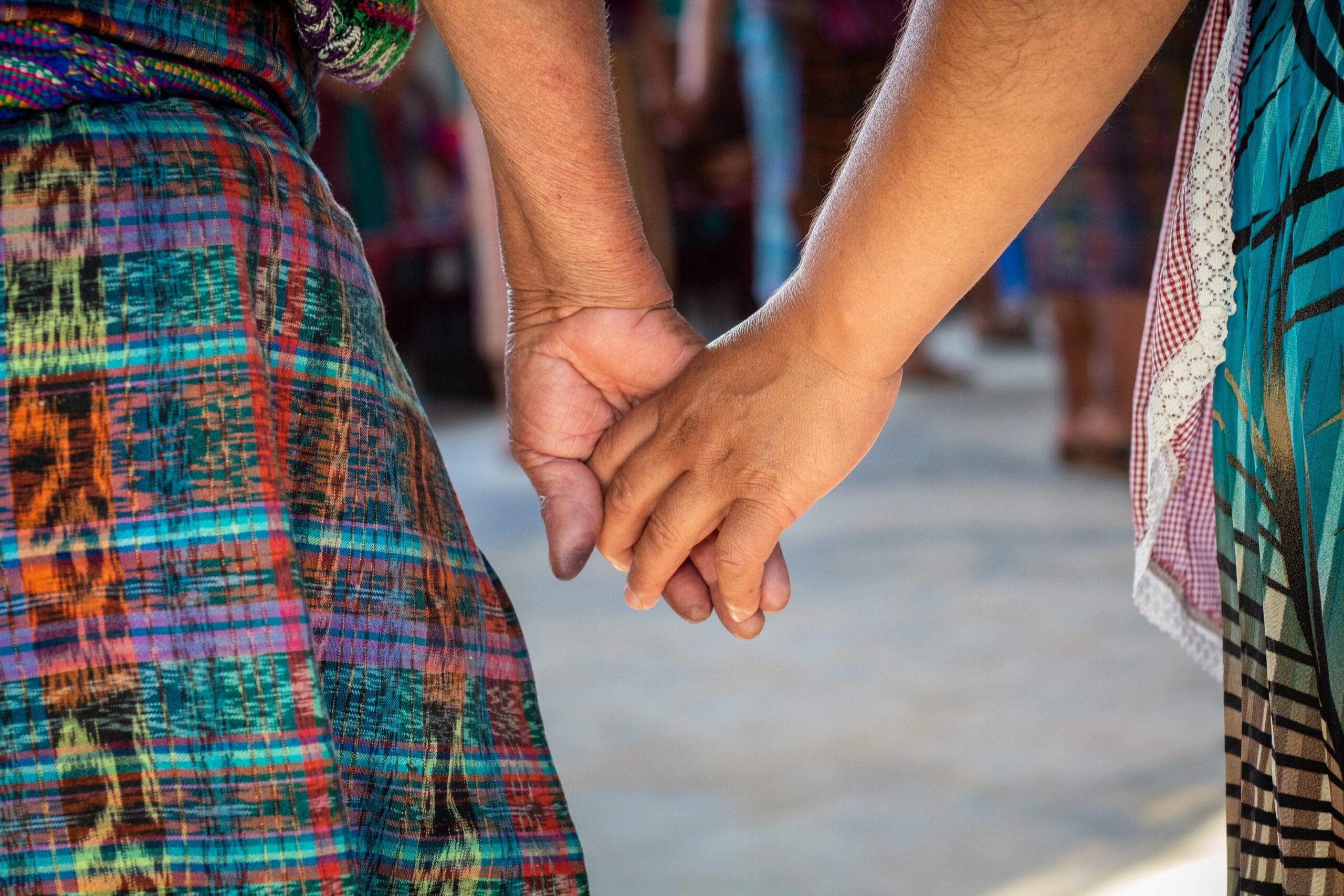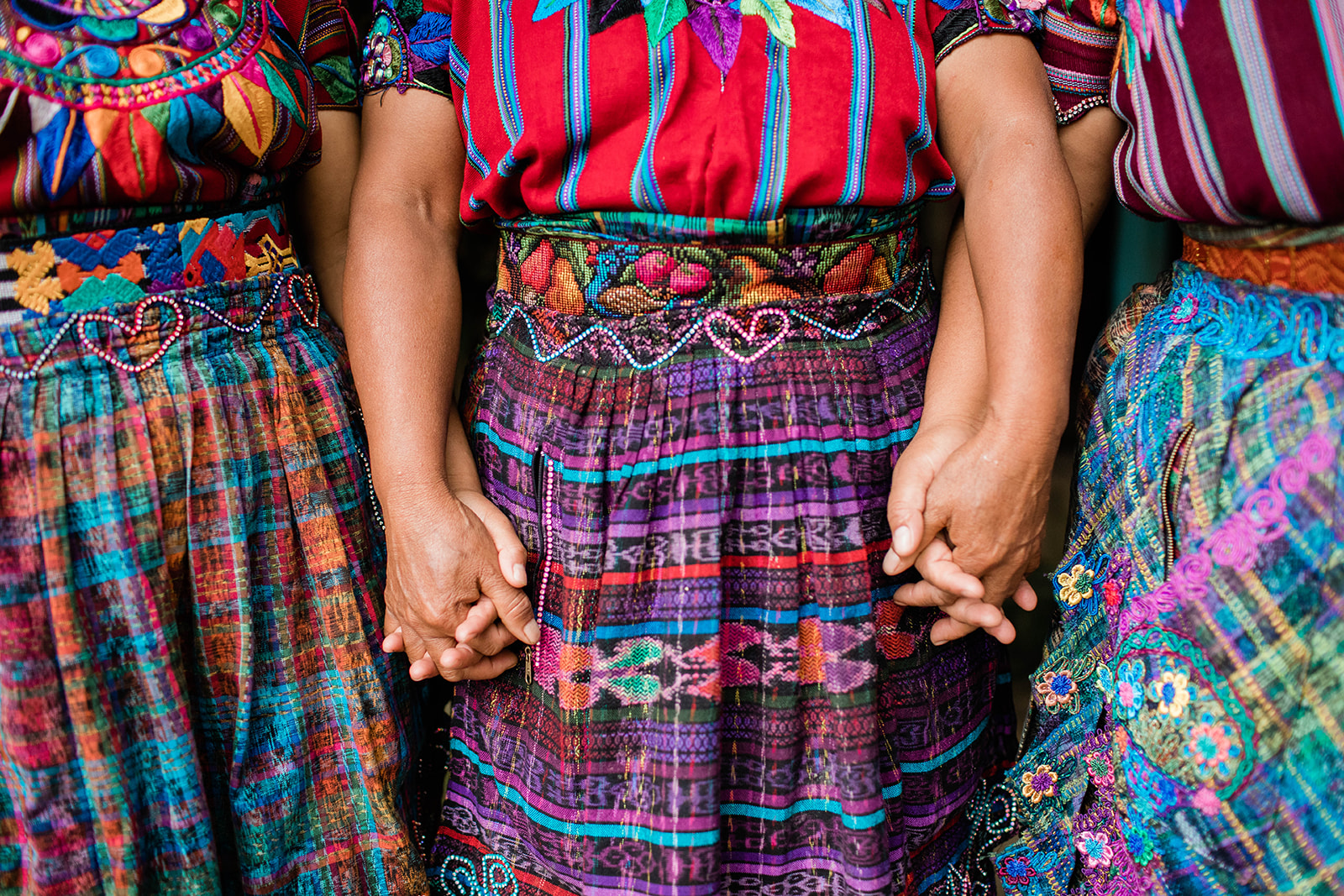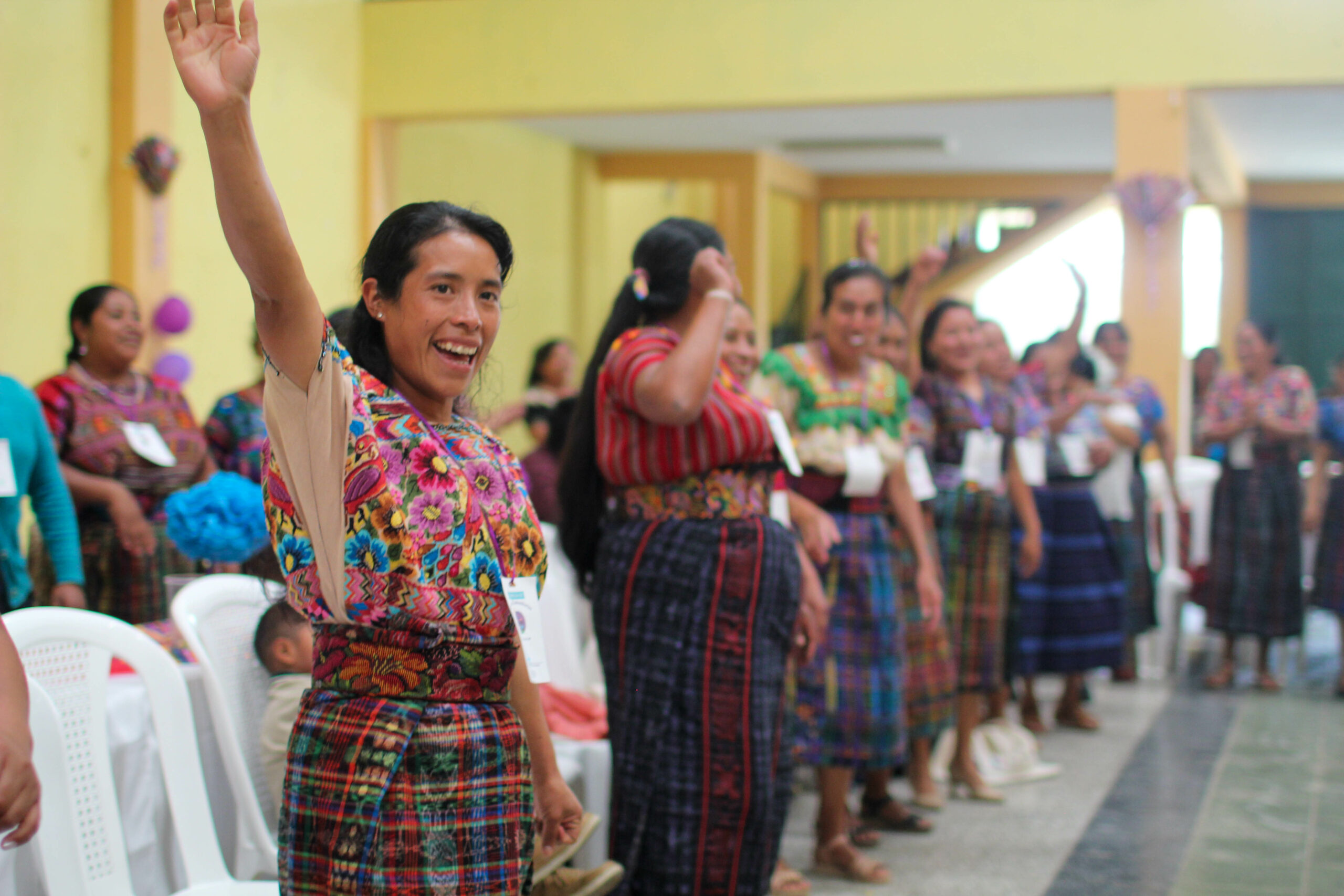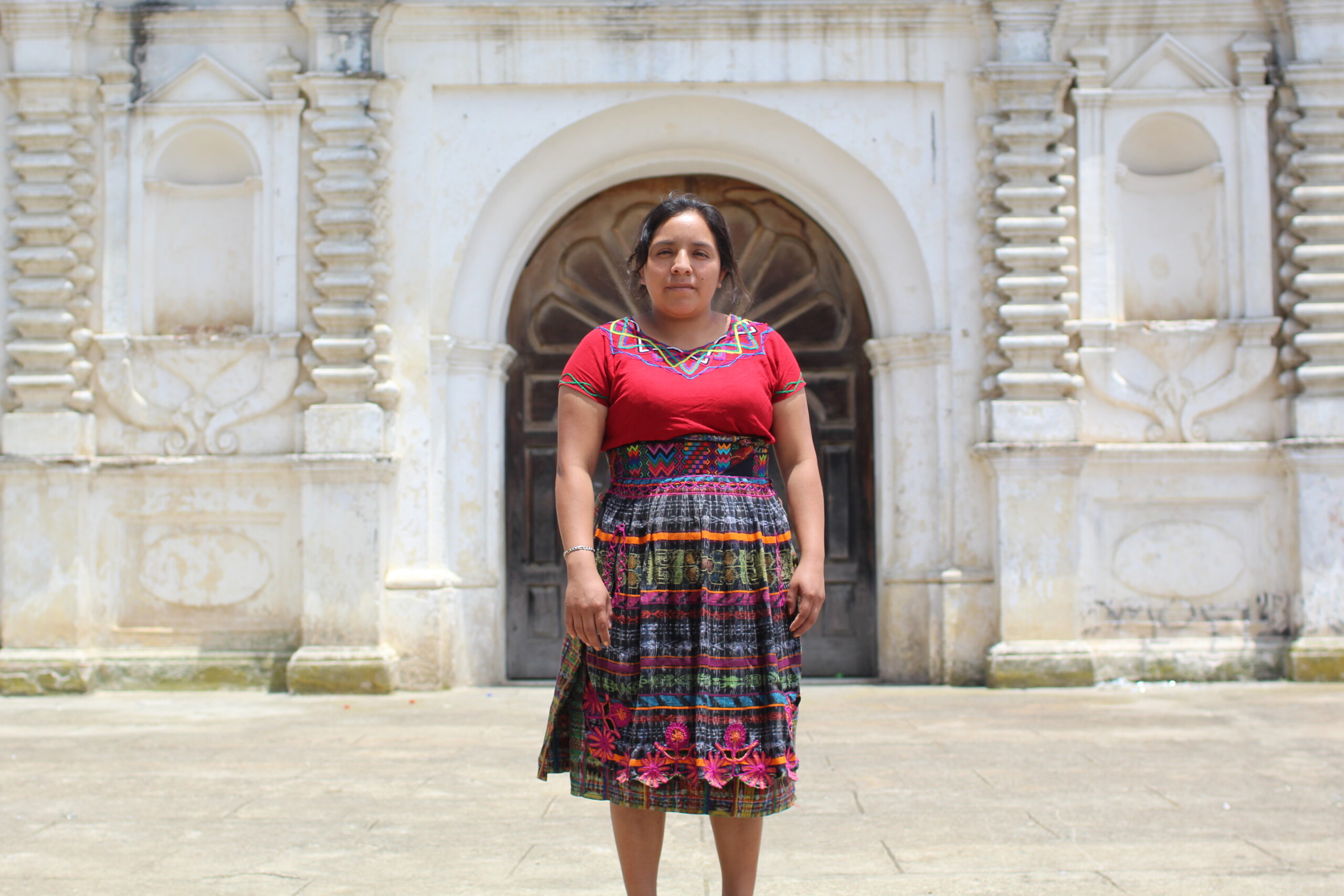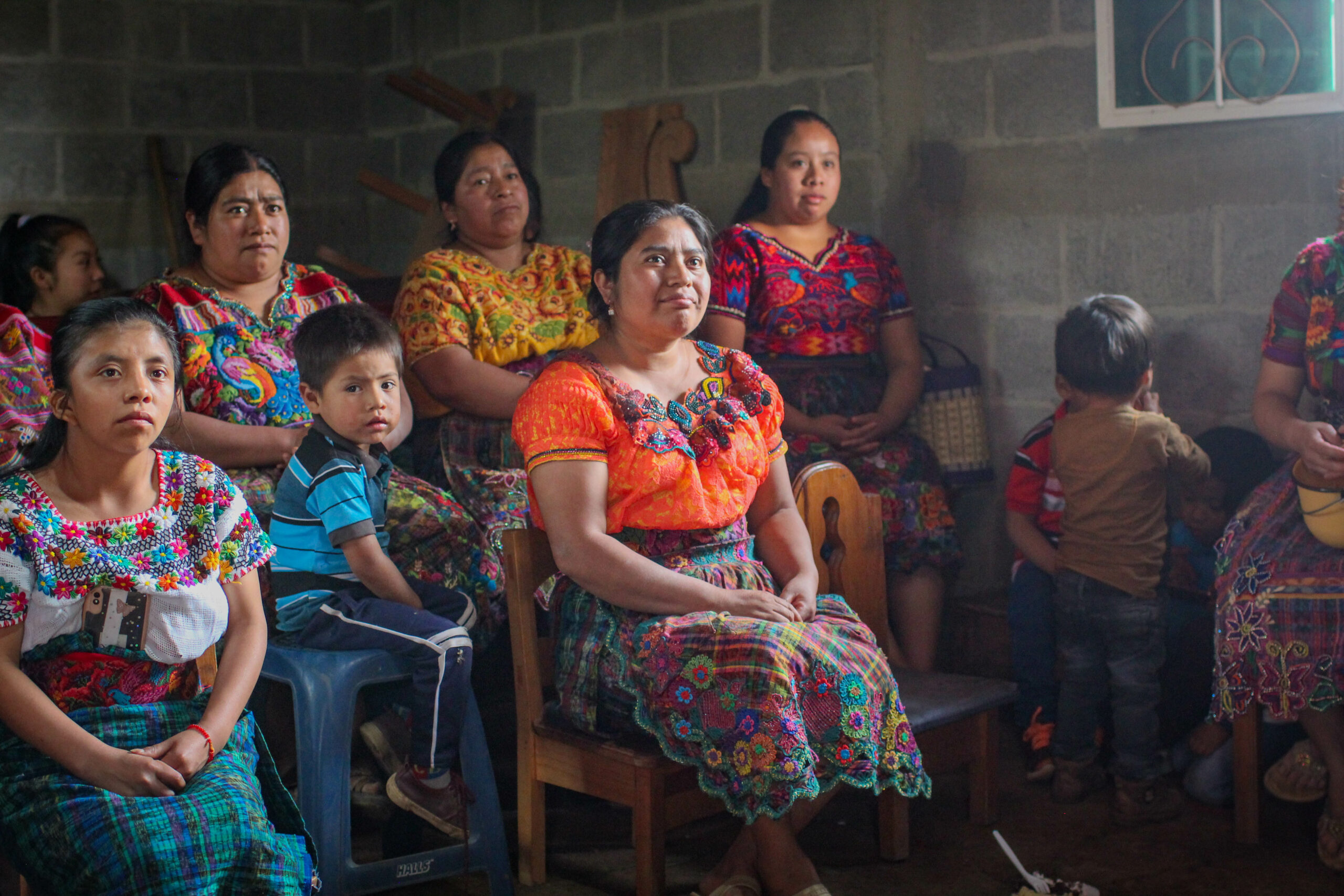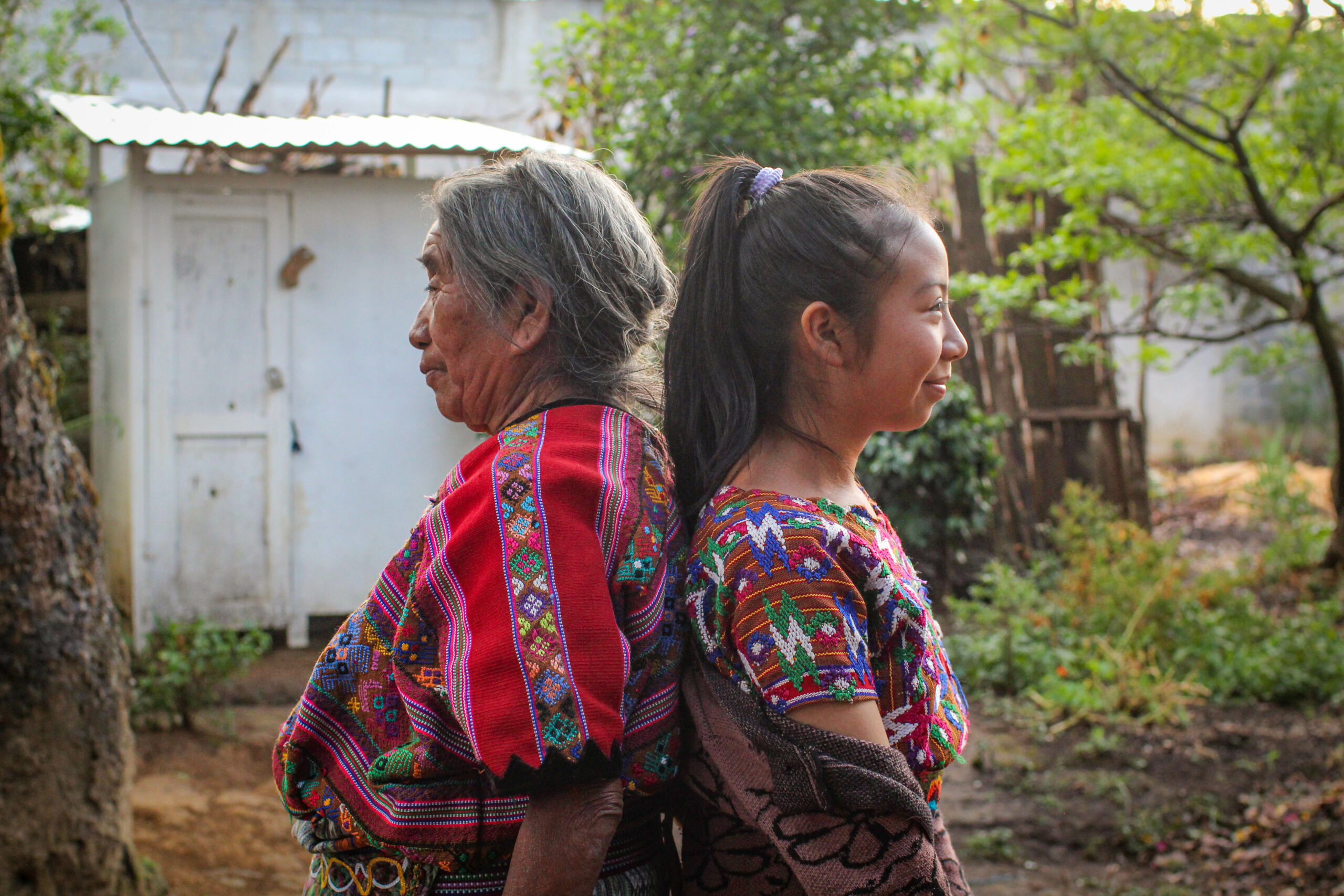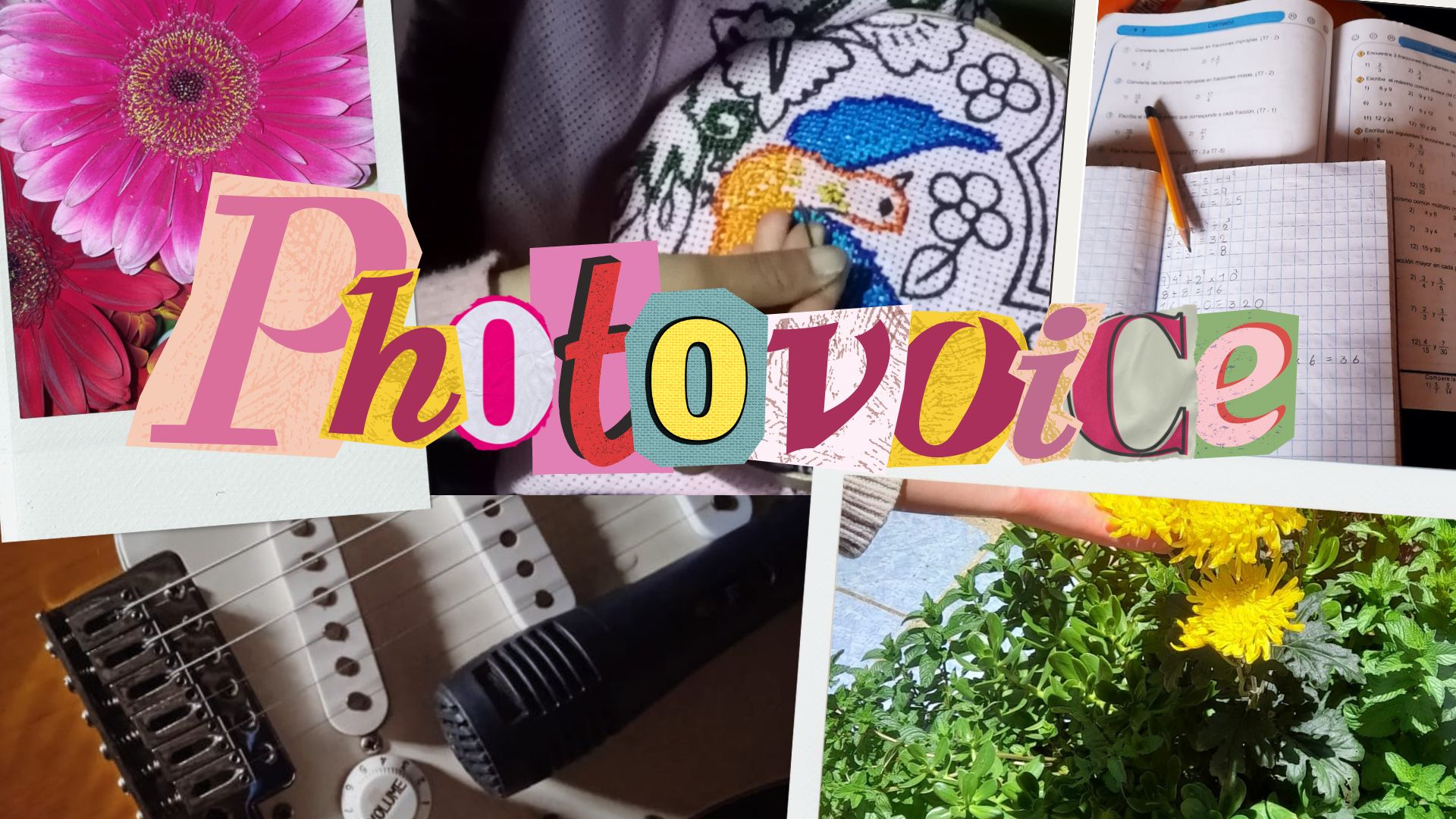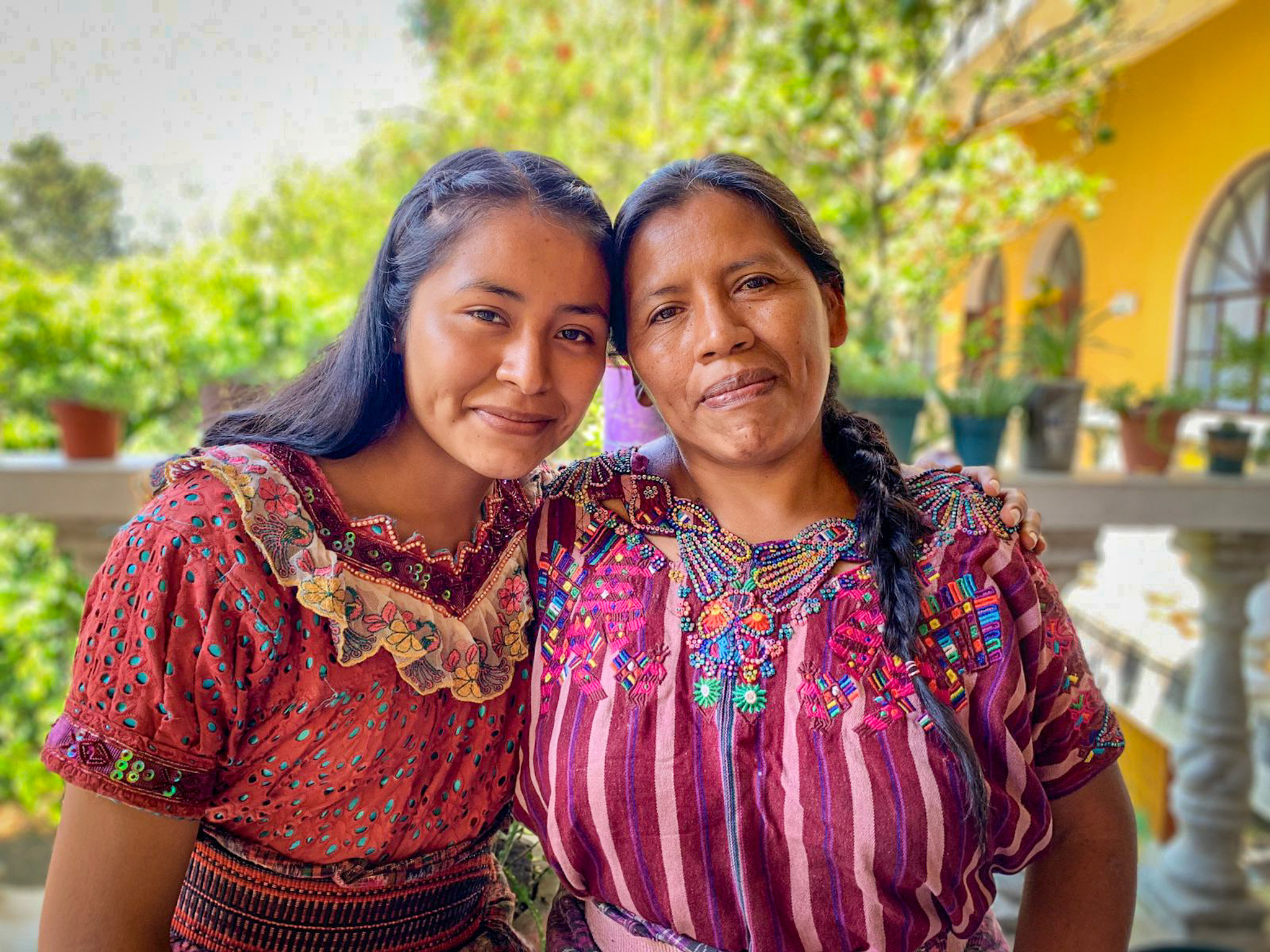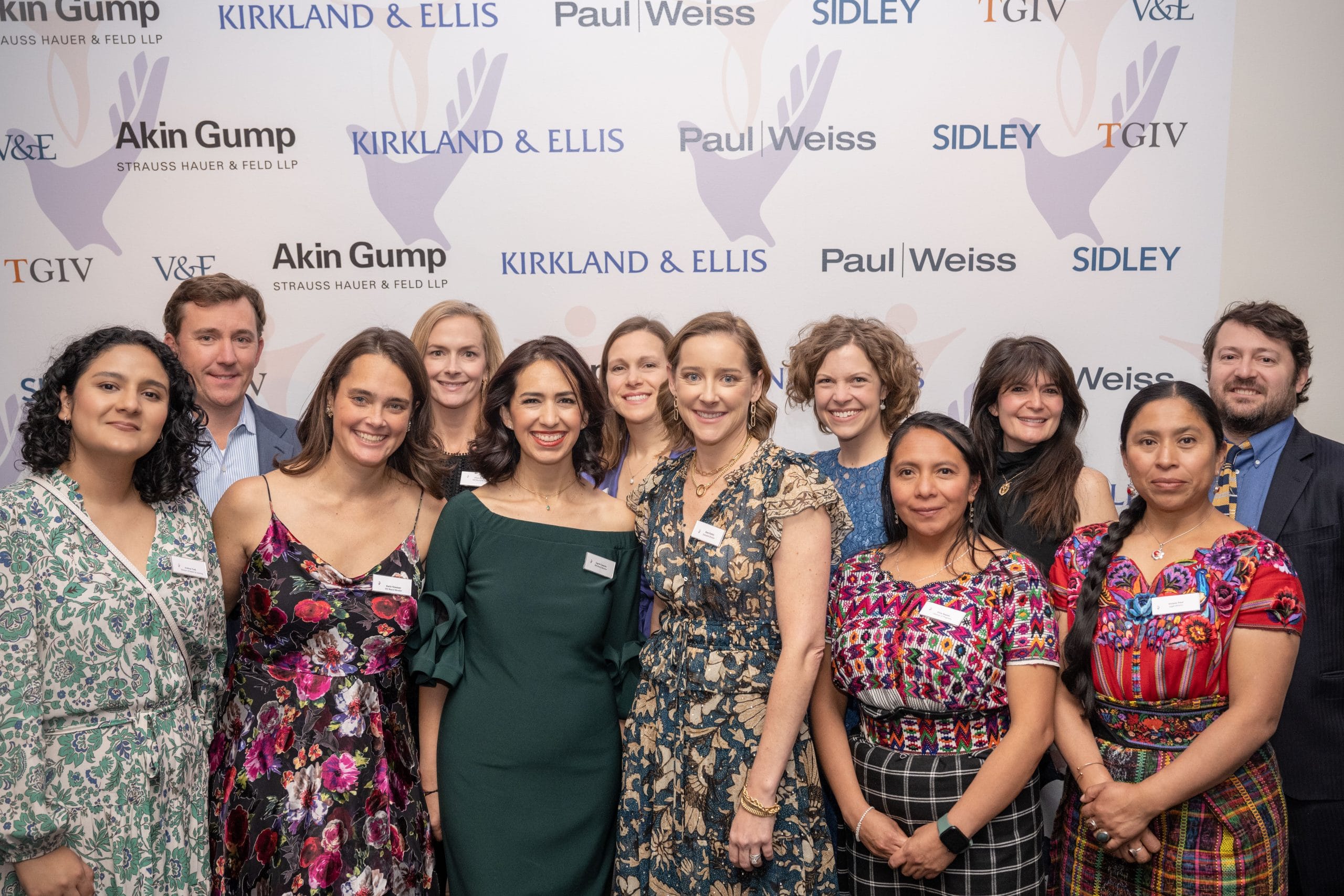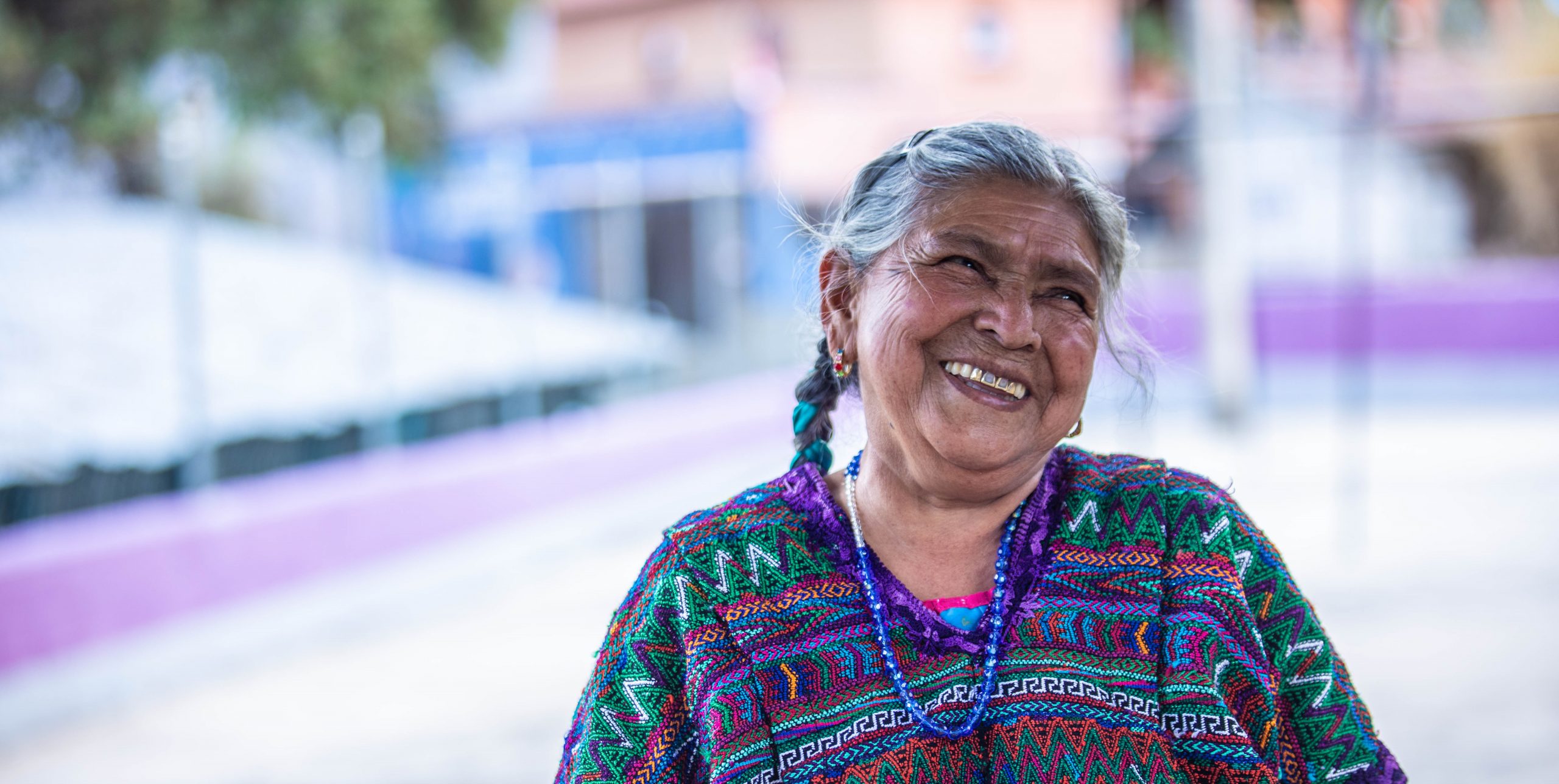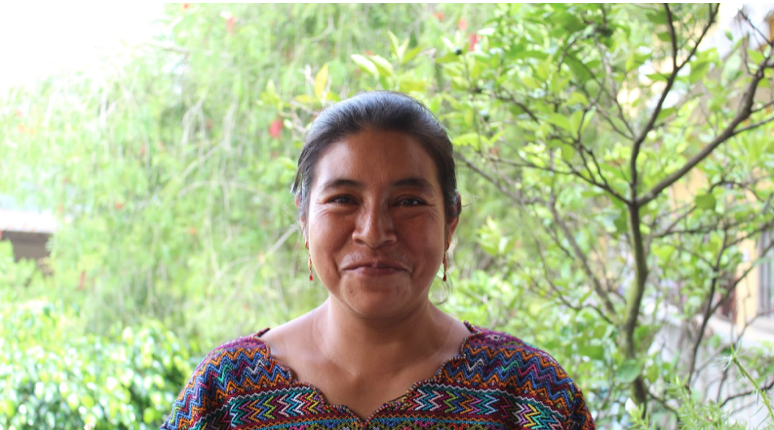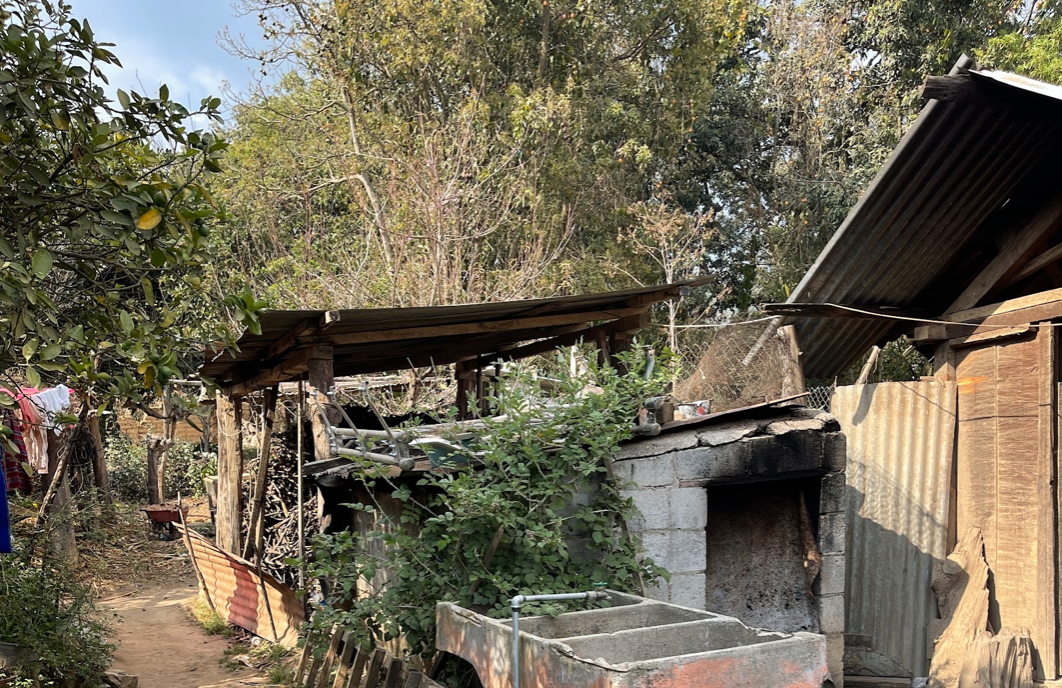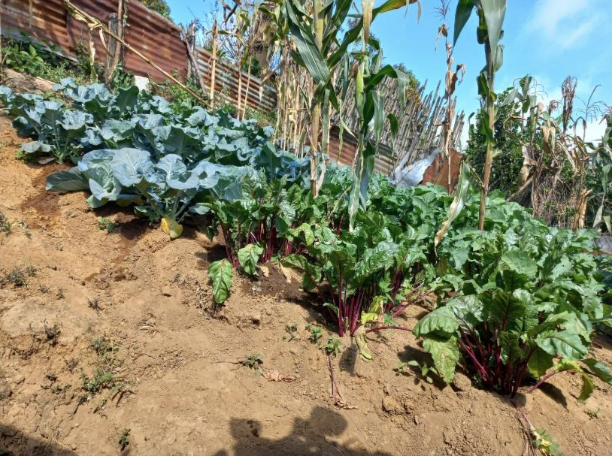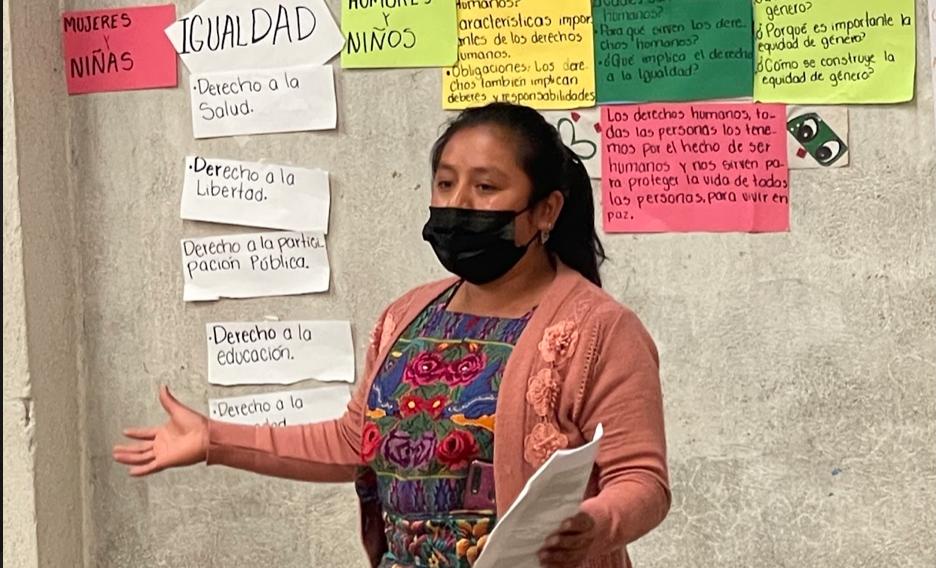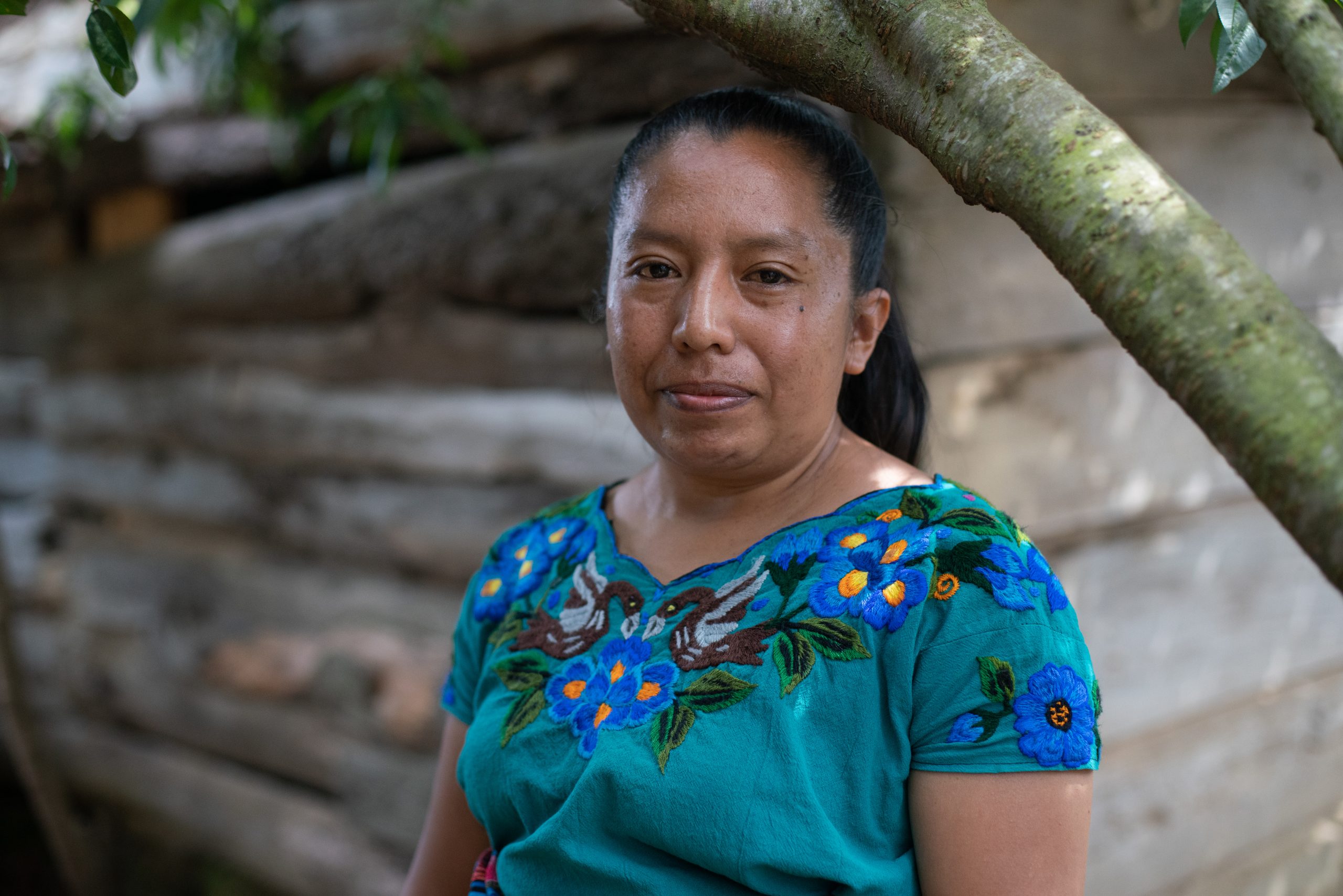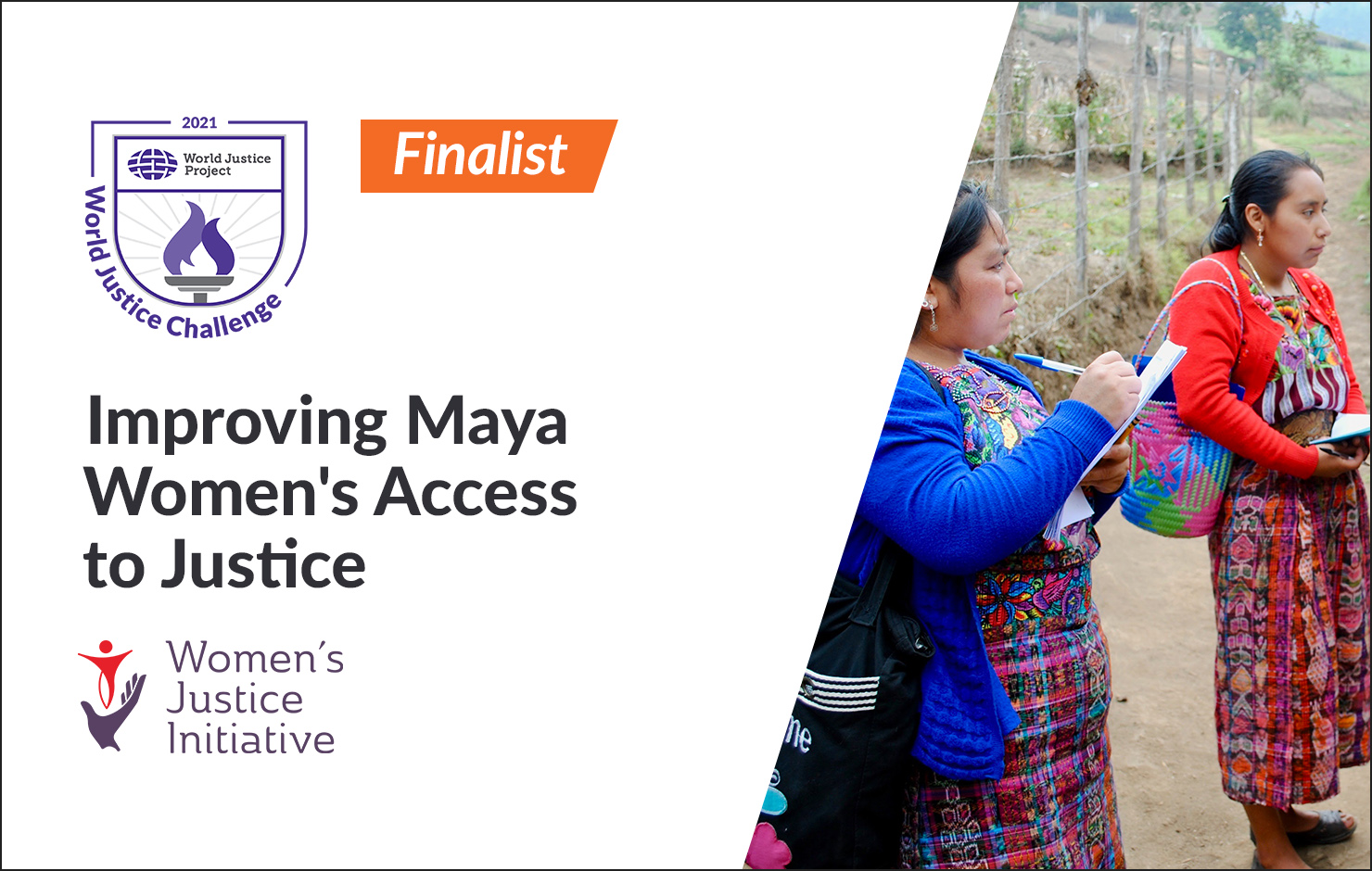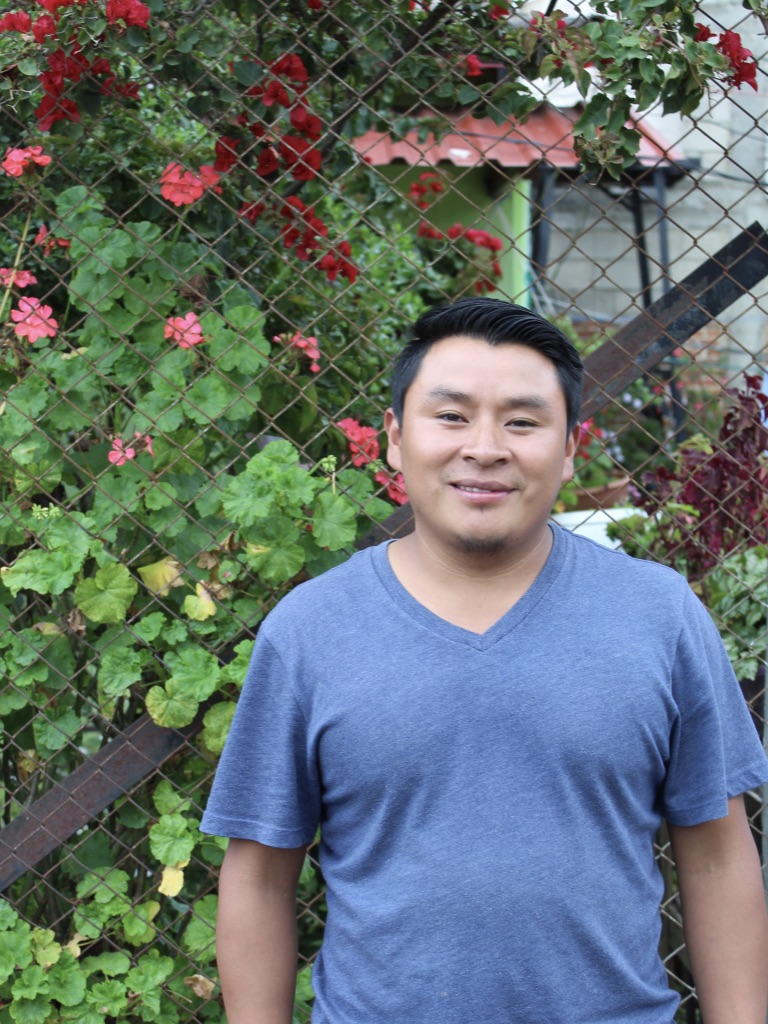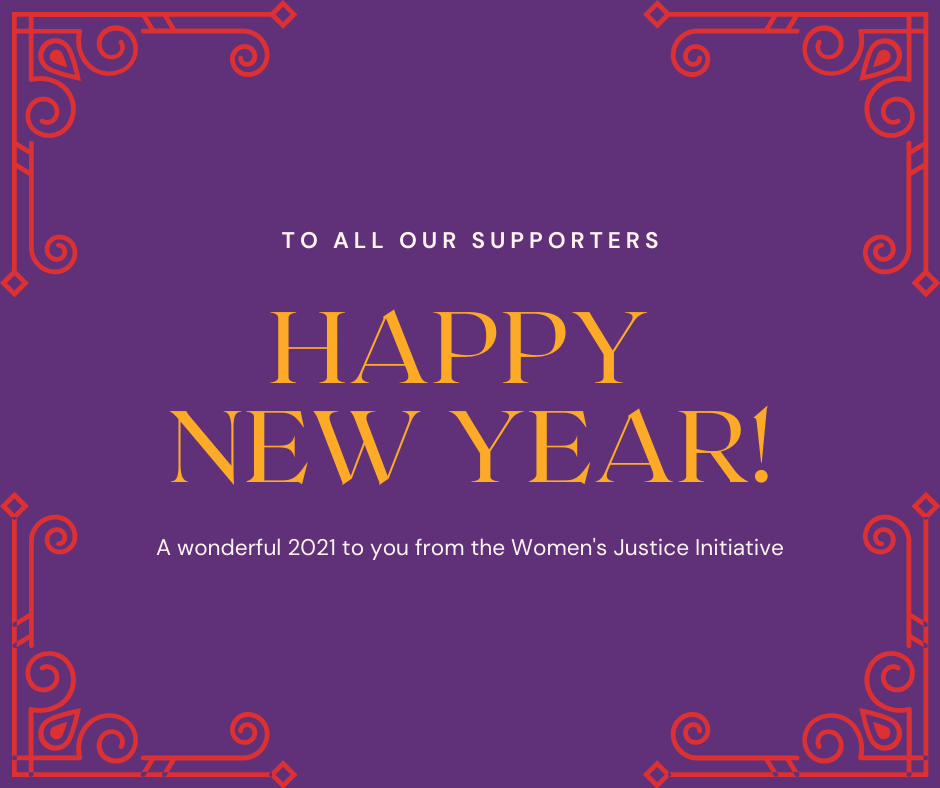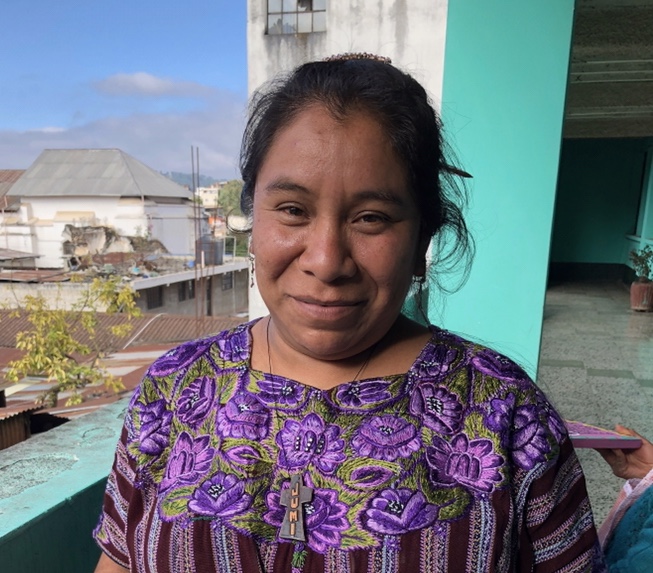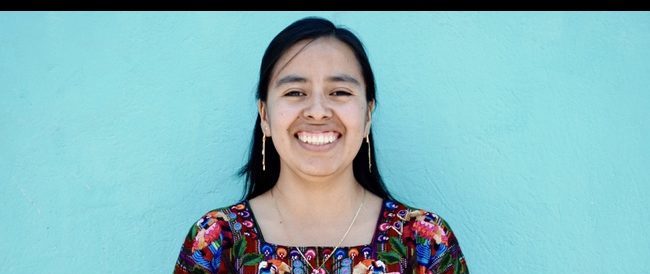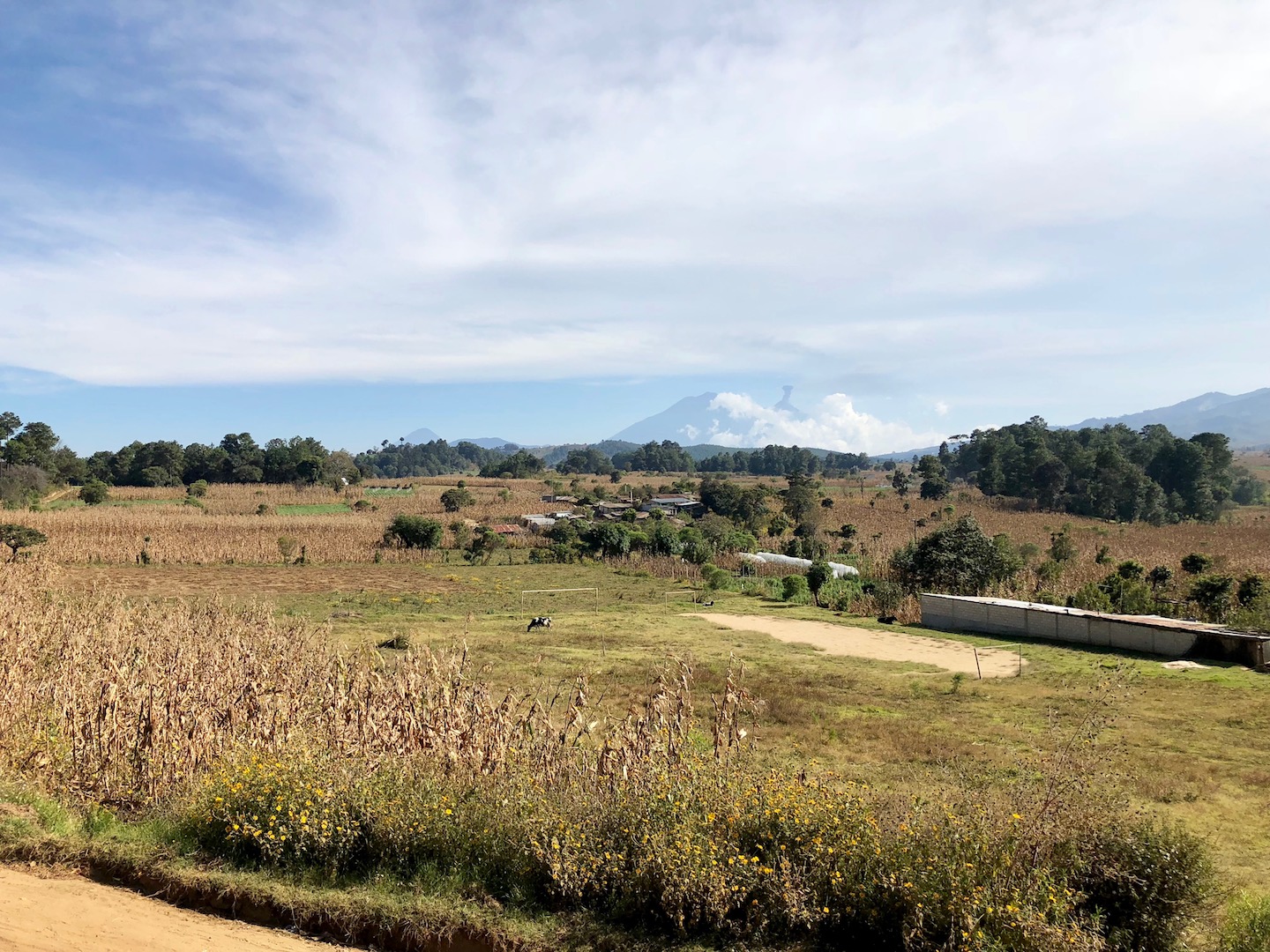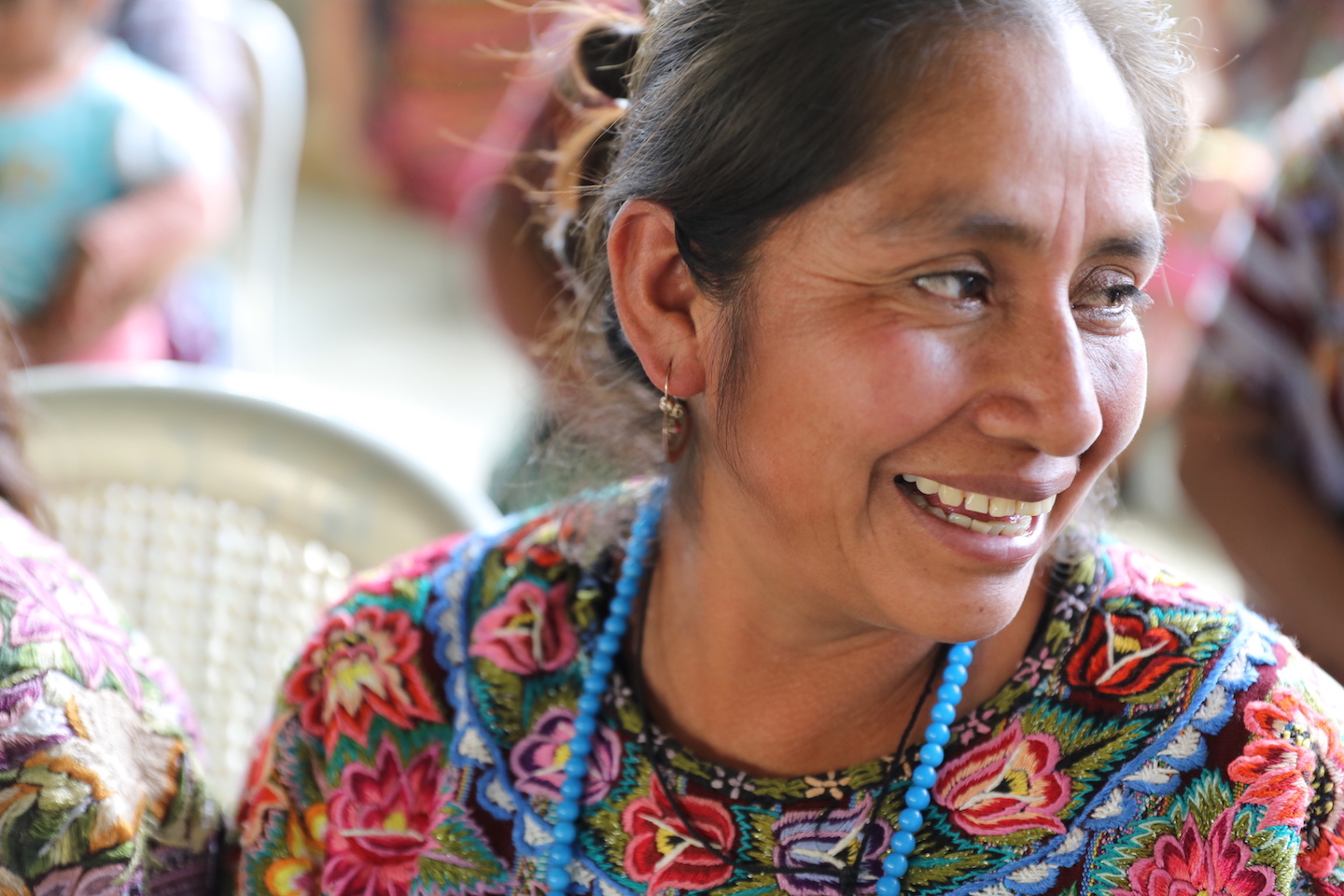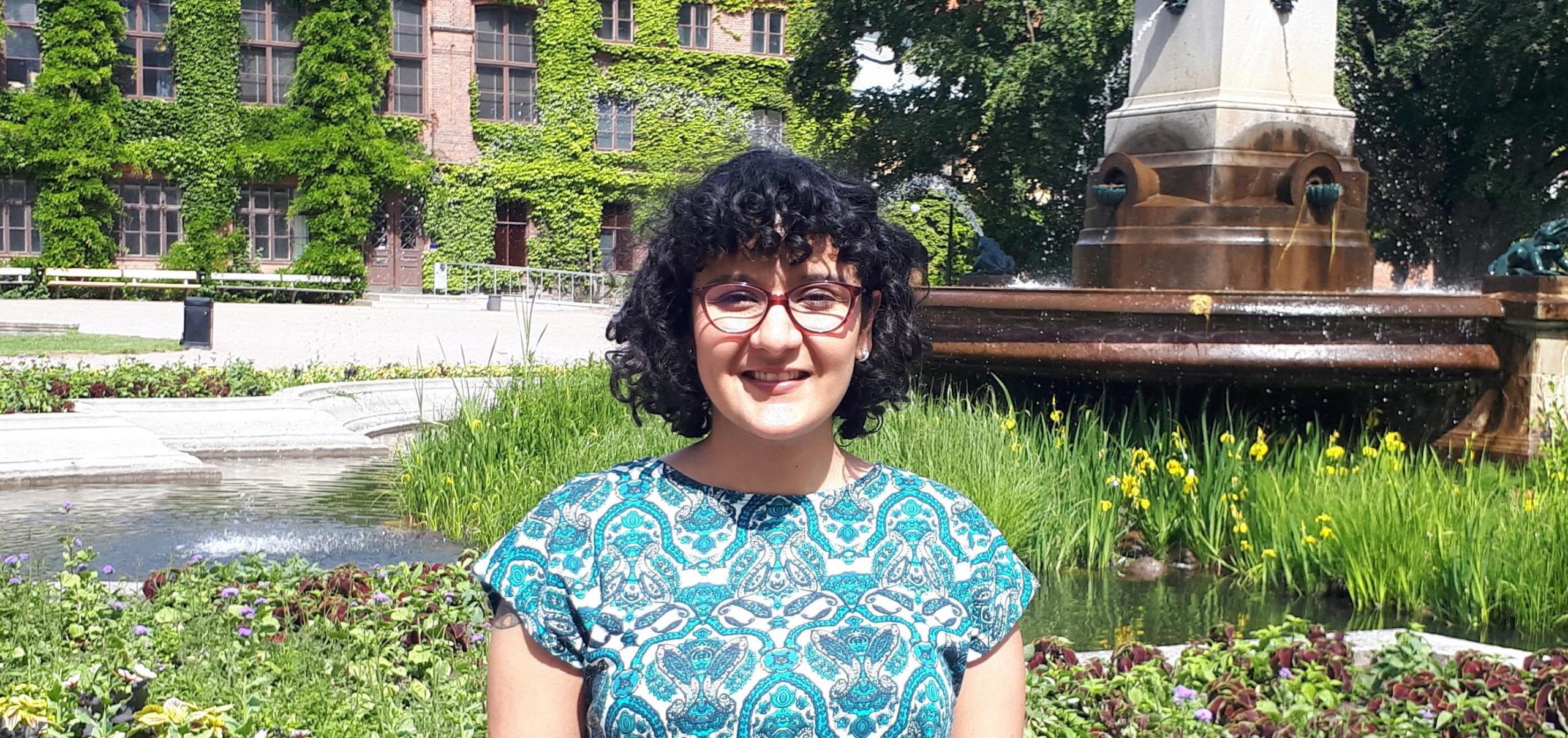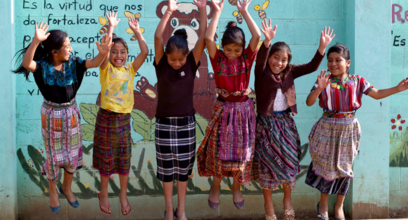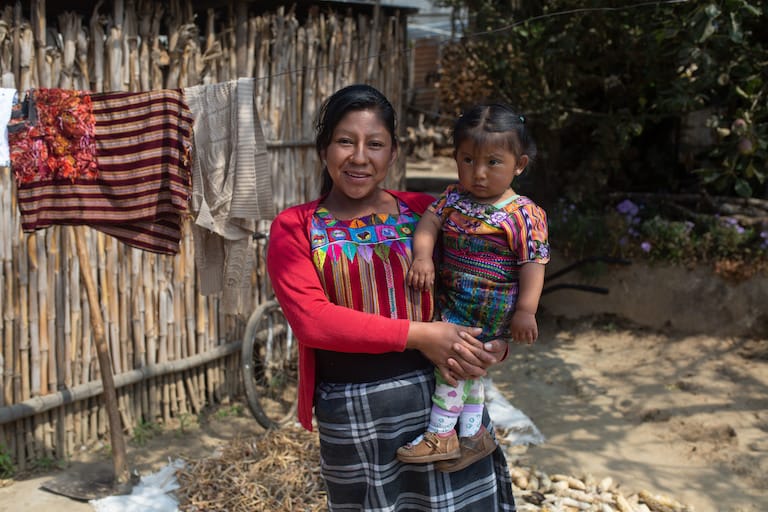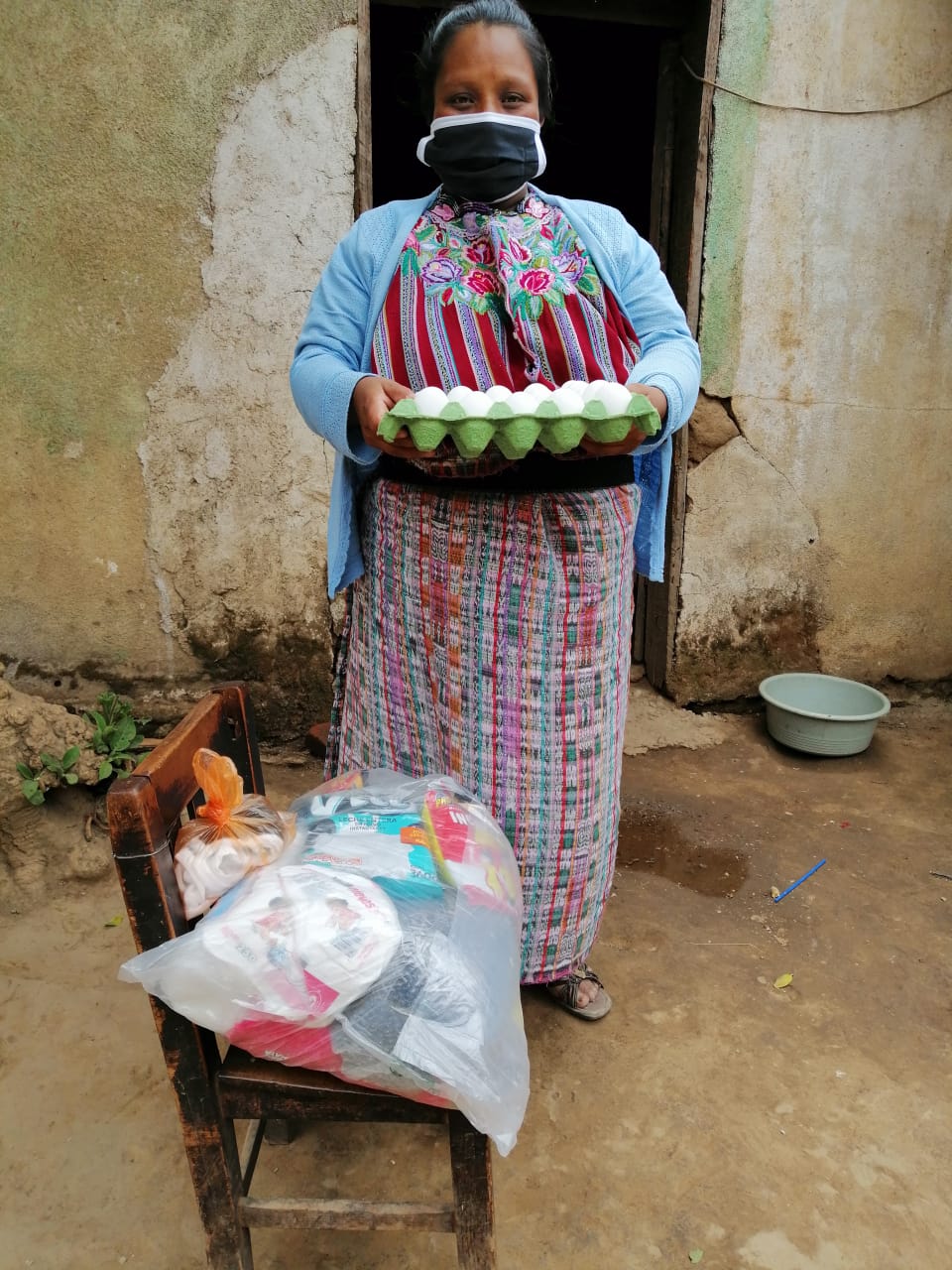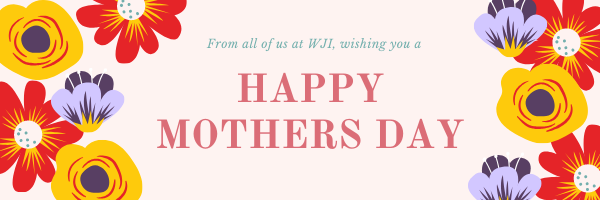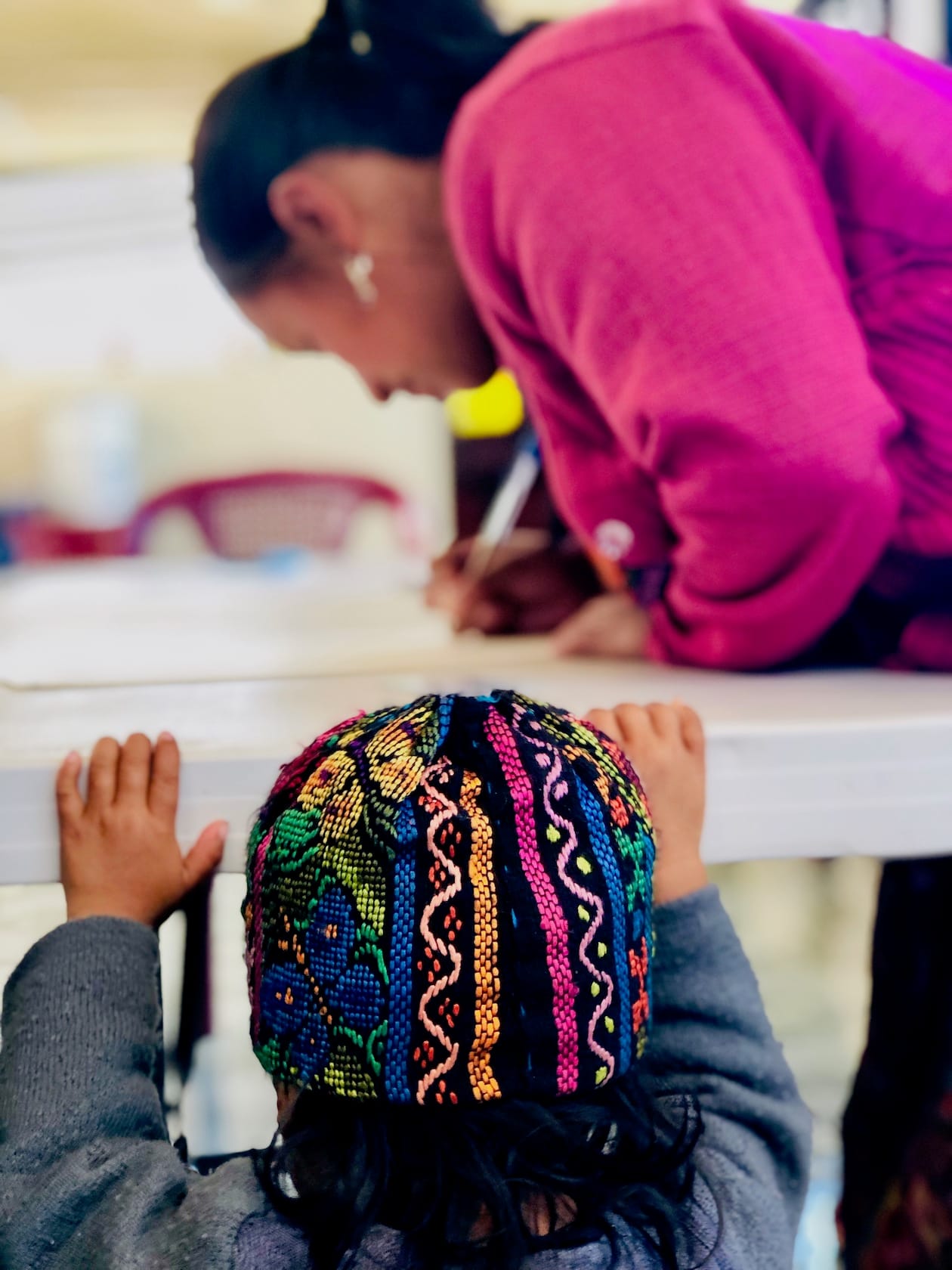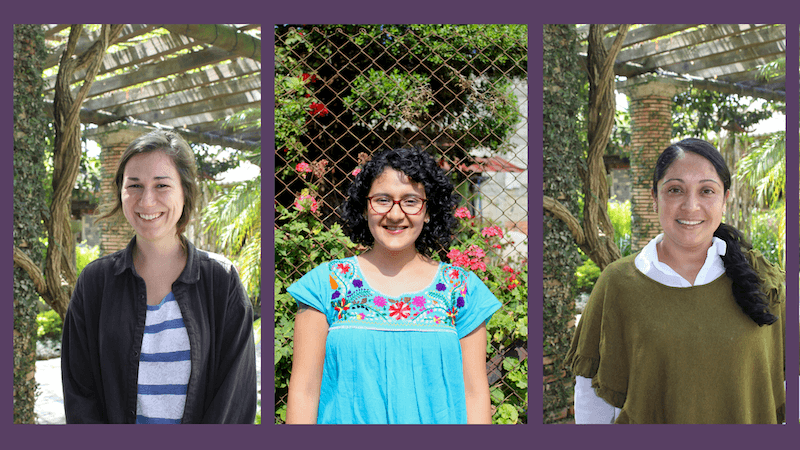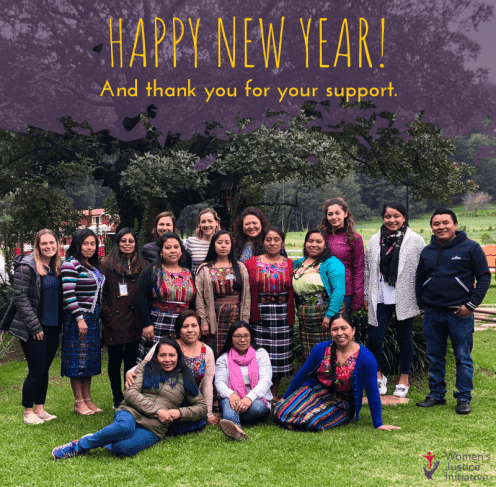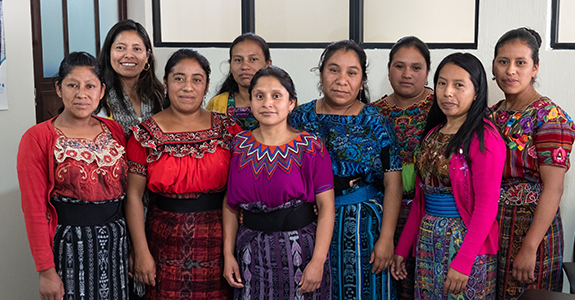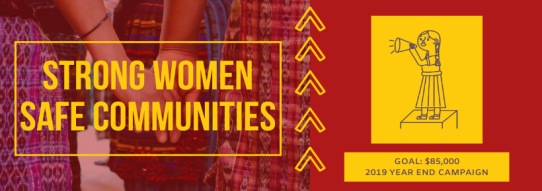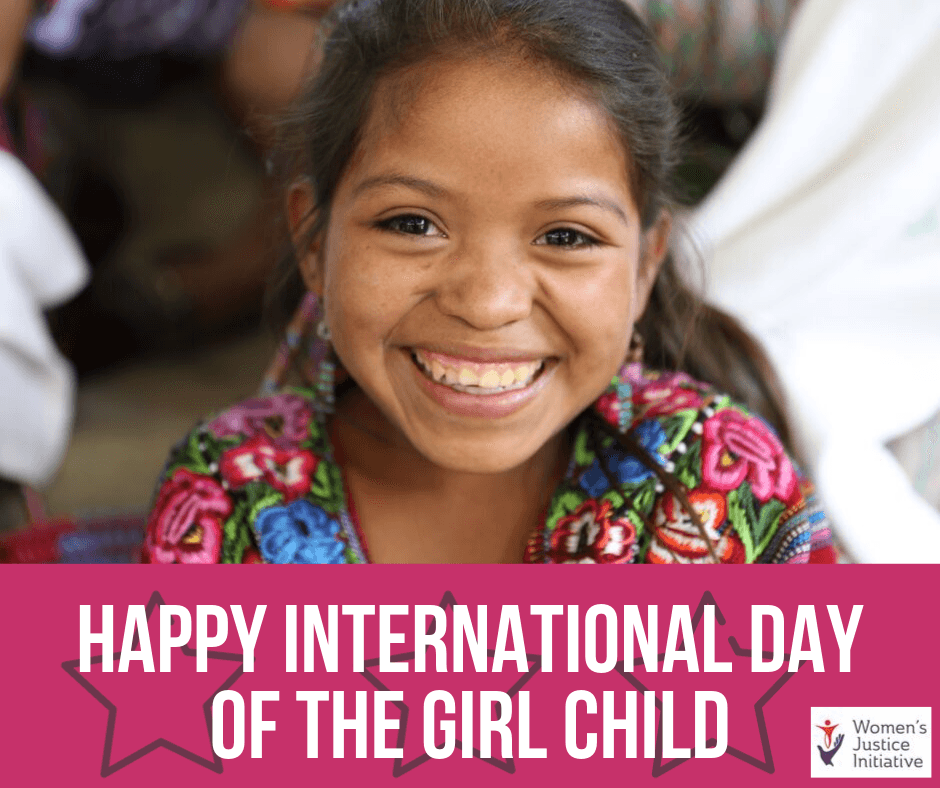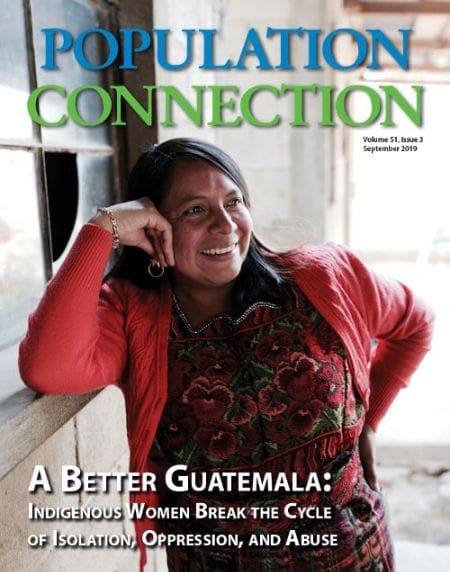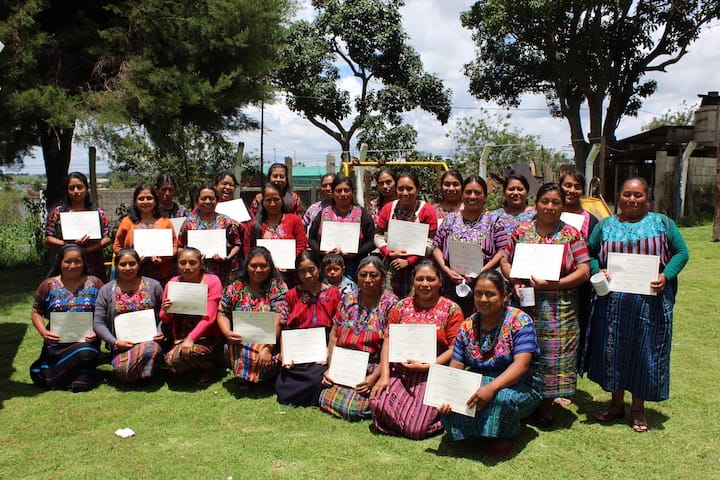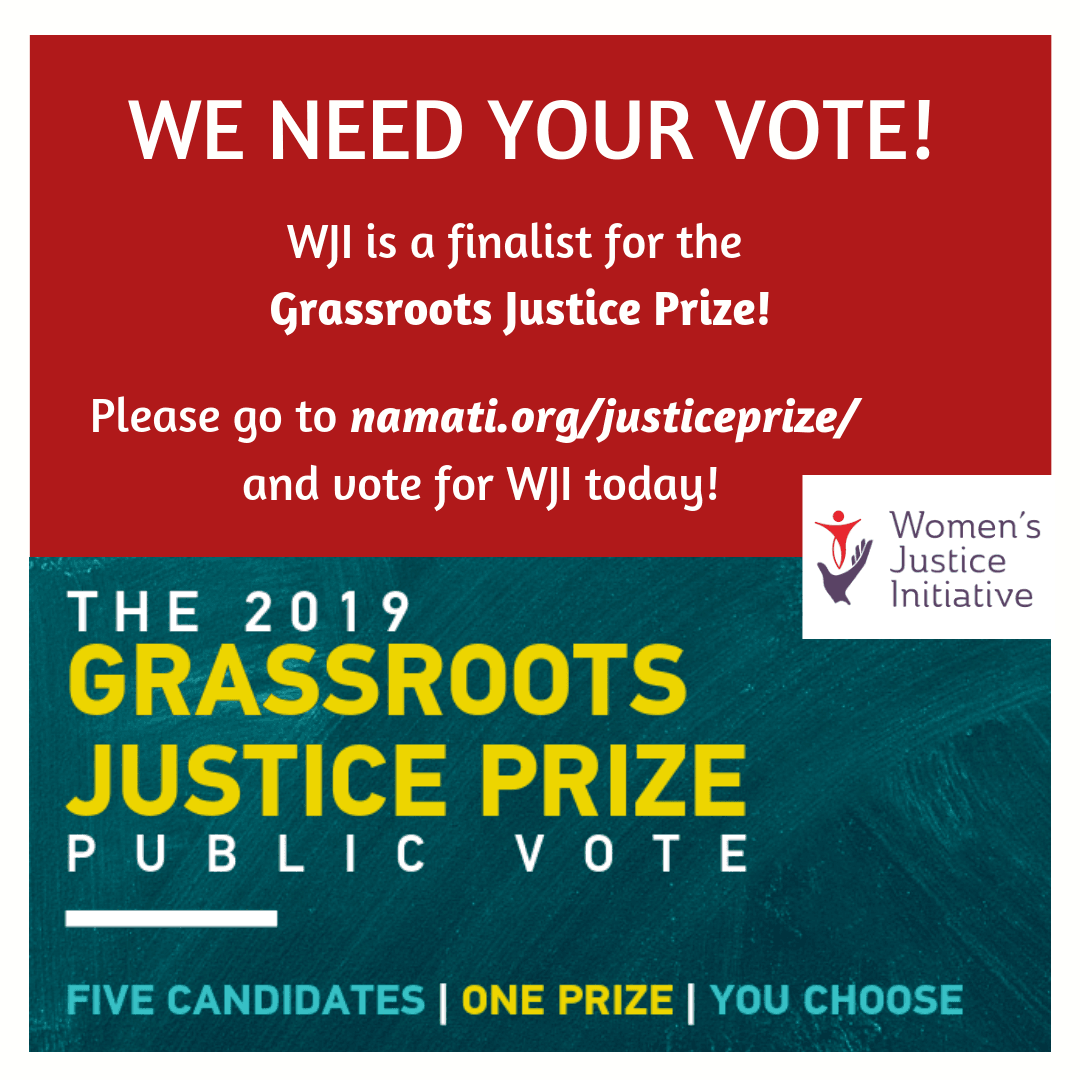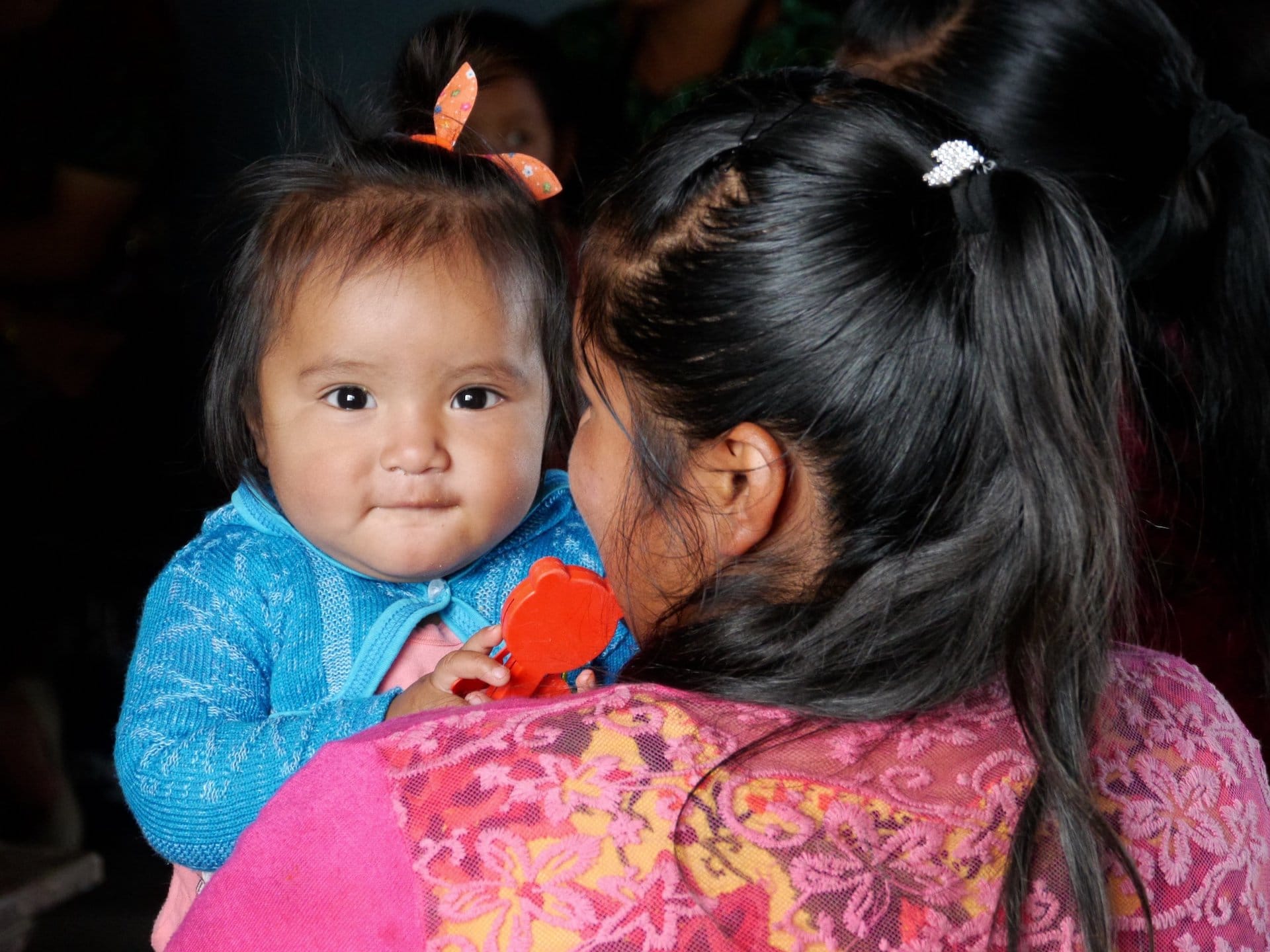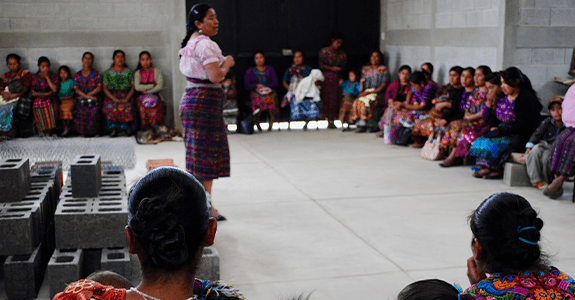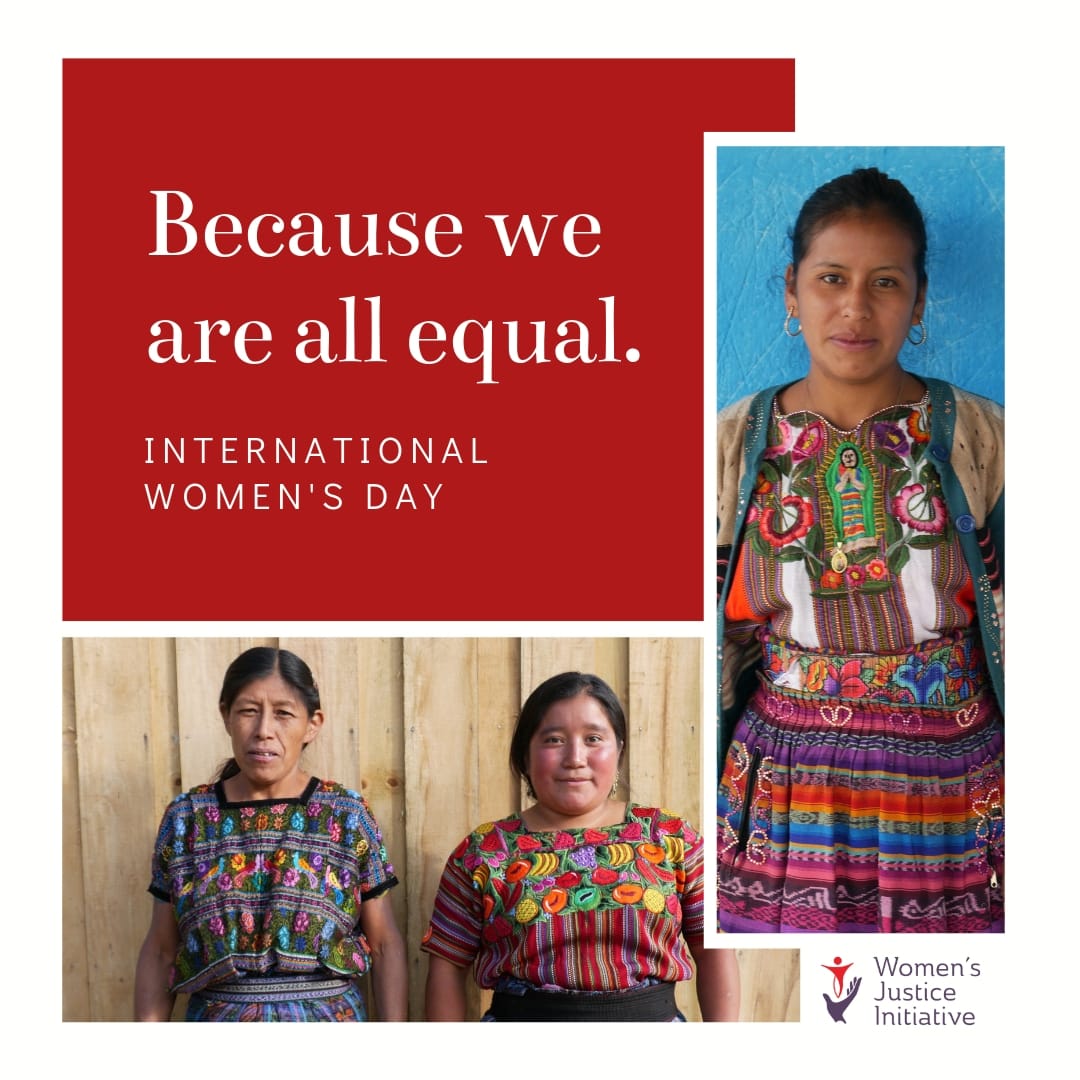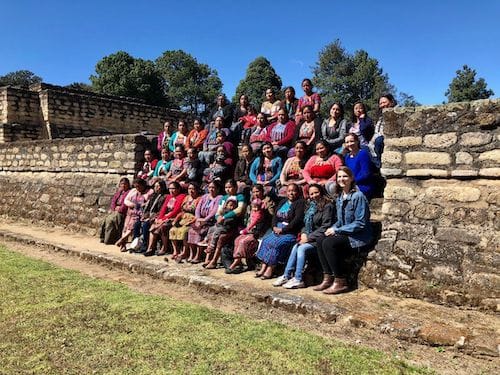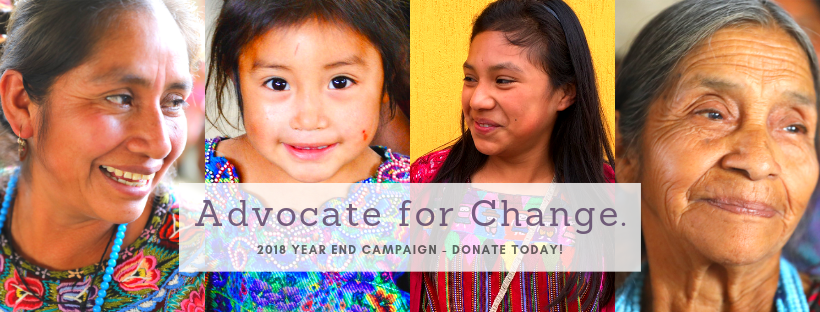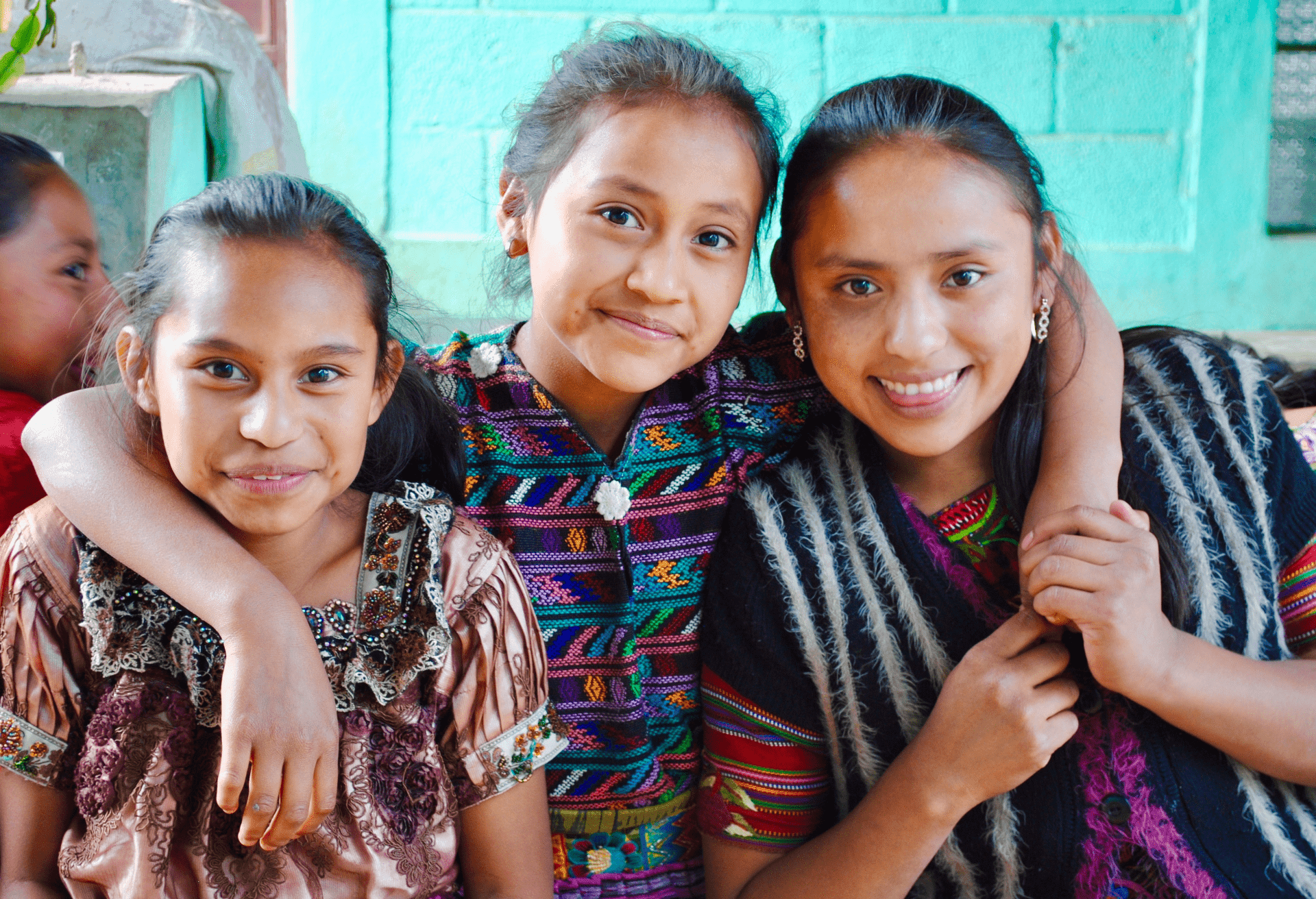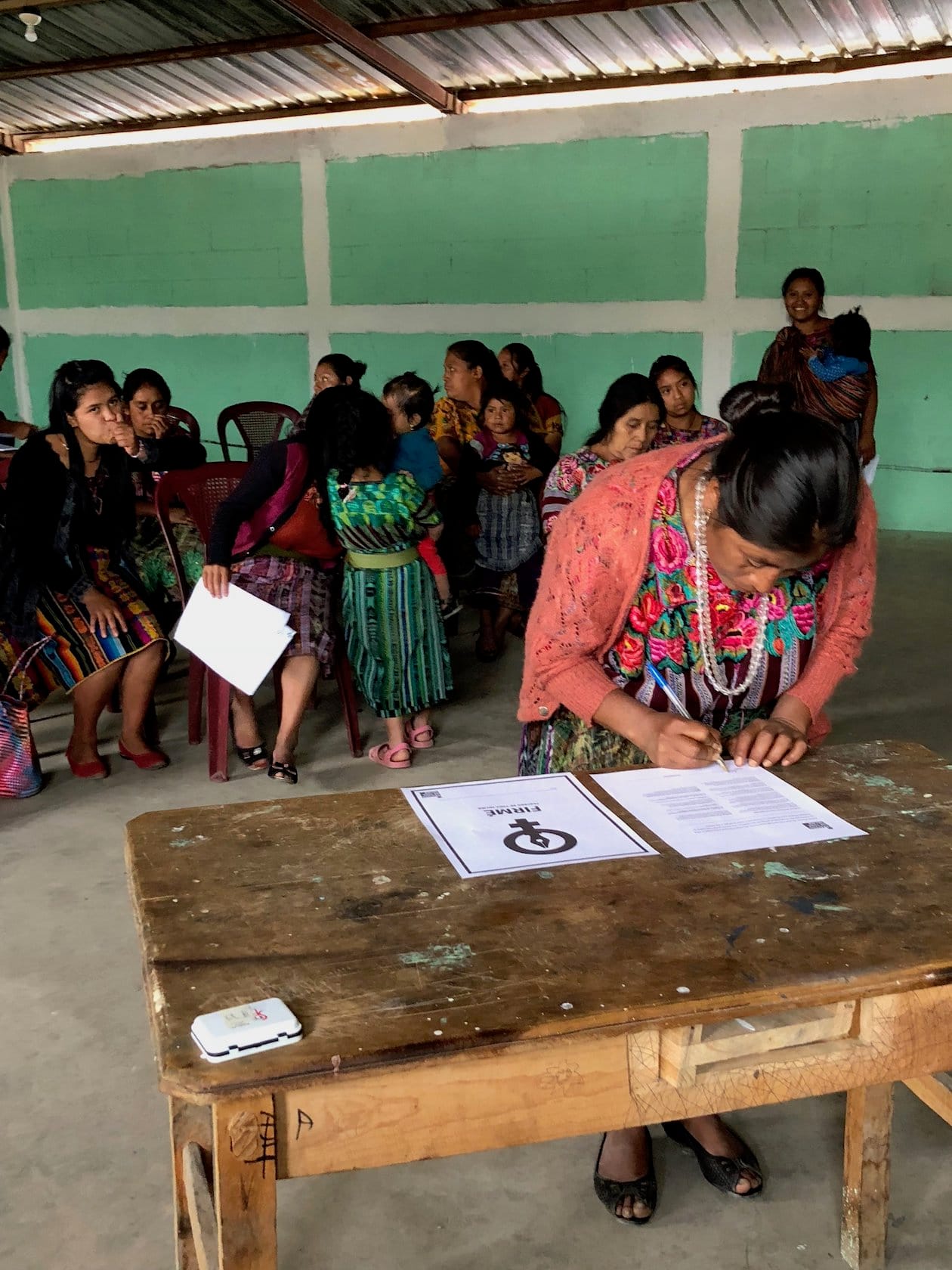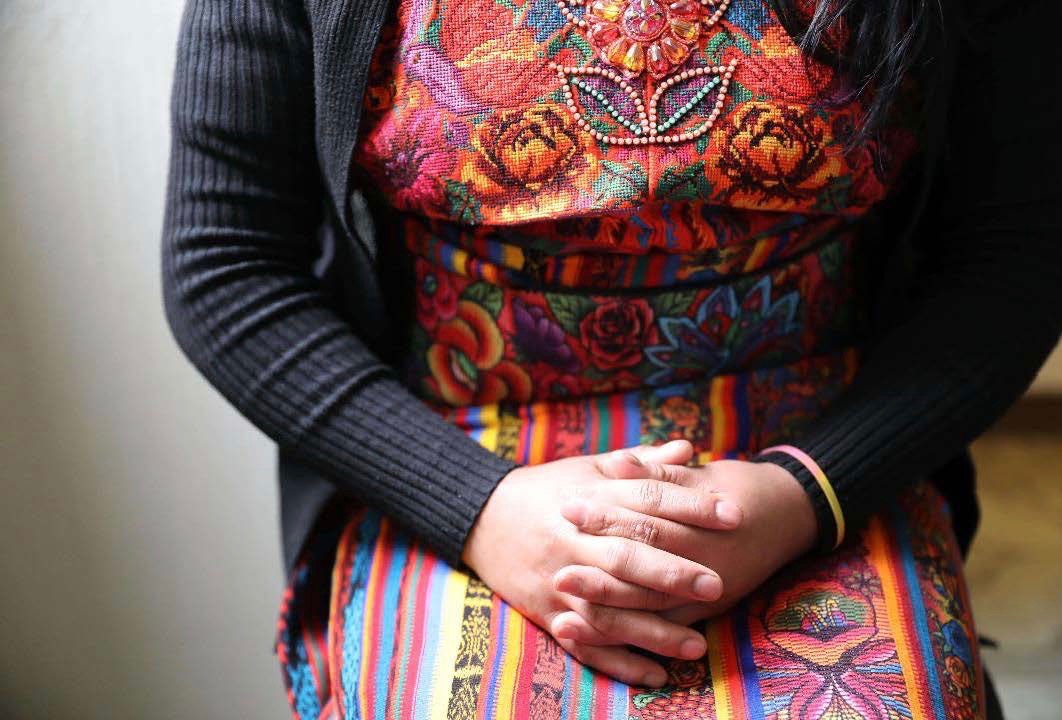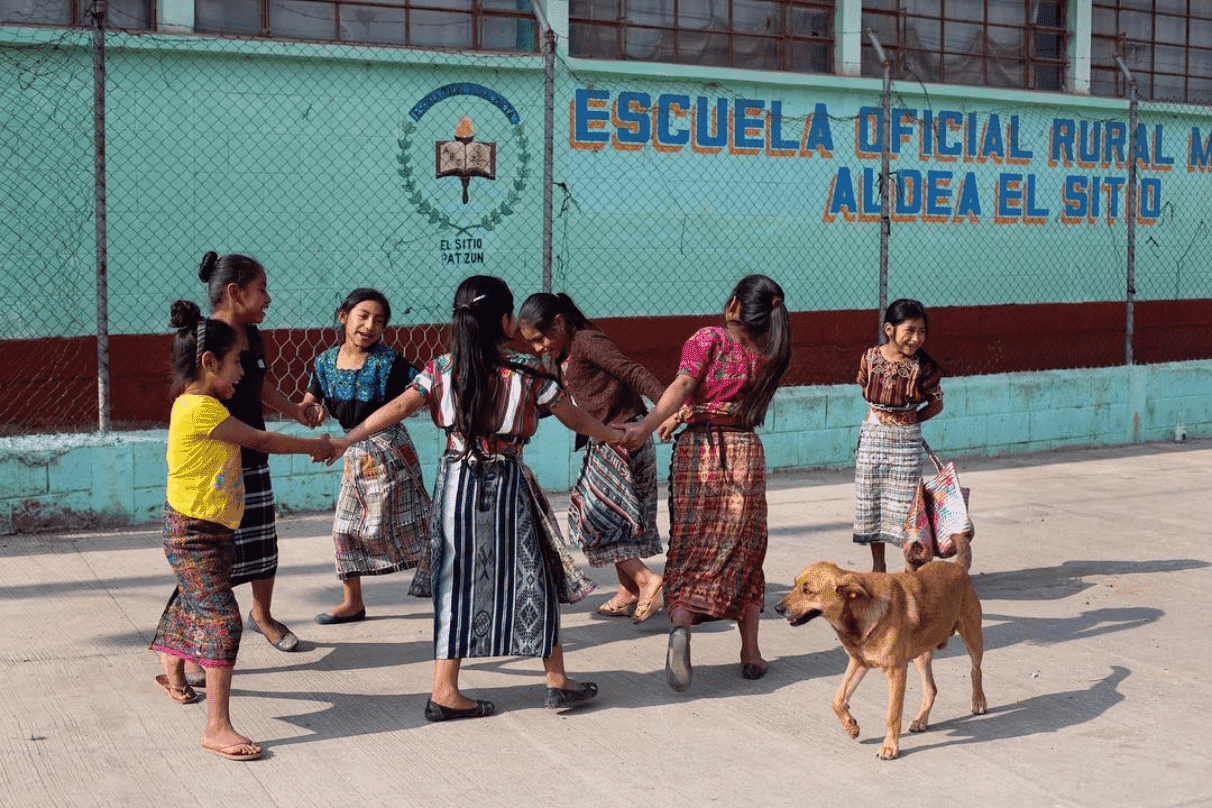We sat down with Vilma and Salomé, participants in WJI’s newest cohort of Community Advocates, to discuss the importance of grassroots leadership, advocating for women’s rights, and what they have learned a year into their training.
Why did WJI catch your attention, and why did you want to build your skills as a community leader?
Vilma: My family’s story comes to mind. My mother, may she rest in peace, lived in a violent home. She didn’t know her rights. She would say, “No, because I am a woman, I have to live this way. The man has to give me orders.”
When my mother died, I said, I’m not going to let this happen to me with a man. Not me. I don’t want to see my sisters mistreated or abused by anyone. Because it’s the children who suffer, it hurts me. So that’s when WJI caught my attention. When they came and told me I would gain more knowledge, I said, I’m going because I want to learn.
The first thing that I realized was, through the workshops, I could change things with my family. If my mother had been here, if she had known this, maybe things would have changed. From that moment, I said, “no, here the violence stops between my brothers and sisters, from the youngest to the oldest.”
How do you motivate new women who might not have heard about WJI, to participate in the programs and build trust in the communities?
Salomé: They know about WJI’s program through me, as “Doña Salomé’s group.”
When we initiate programs in a new community, we compile a list of women, then go house to house visiting them, introducing ourselves and encouraging them to join. Now there are 24 people in the workshops. I participate in the local community meetings, and almost everyone knows me now. Honestly, being a community leader means being responsible, and being kind to the women. Without kindness, women won’t open up to you.
It’s a big responsibility. We must be present in the meetings and the community.
What kind of impact are you seeing in the communities, what is shifting?
Solomé: When we go to meetings, some of the women come with questions, and we give them advice. Before women in my community attended WJI workshops, they didn’t take care of themselves. The workshops are changing that, now they feel more valued, I can tell from the look on their faces. They smile, they hold their heads up, their voices are empowered, and they speak up. They no longer bow their heads when they’re talking. They know they have value. We know we have value.
Vilma: As a Community Advocate, I always say that my priority is the women. I live in a village where women neither know nor exercise their rights. I advise the women of my community.
I feel very happy because they are getting to know their rights. And when I see my women wanting to learn, I feel excited. They are interested in learning, so I put my whole heart into teaching them, into talking with them.
For example, I did not know about economic violence, [there are] many instances where women work, but the husband receives the paycheck. So now I say no, if [we] have money, it’s for [us]. Now I see things in a positive way — that as a woman, I have rights.
How do you collaborate with the Community Leaders and what is their reaction to WJI programming?
Vilma: The COCODES (community development committees) have the most authority in our communities. We got them involved and we told them about our initiative. They didn’t have any issues because they know us, trust us, and they support us. They gave us a room to hold the workshops and [provided] chairs. They gave us what we needed.
What kinds of things have you learned from the Community Advocates workshops?
Vilma: I don’t have much formal education, only up to sixth grade, so sometimes there were words I didn’t know existed, and my self-esteem was low at times, but with WJI, I learned how to build confidence in myself. And it has helped me a lot. Now, when the women and girls are feeling down, I share my experience with them.
Salomé: Through WJI’s programming, I have learned a lot. The lessons that resonate with me the most are about self-esteem. Before, I wasn’t as confident as I am now and I had low self-esteem. Now, I feel valued as a woman. I value myself, and I feel happy with my family, and that I am active in WJI.
The support from WJI is essential.
